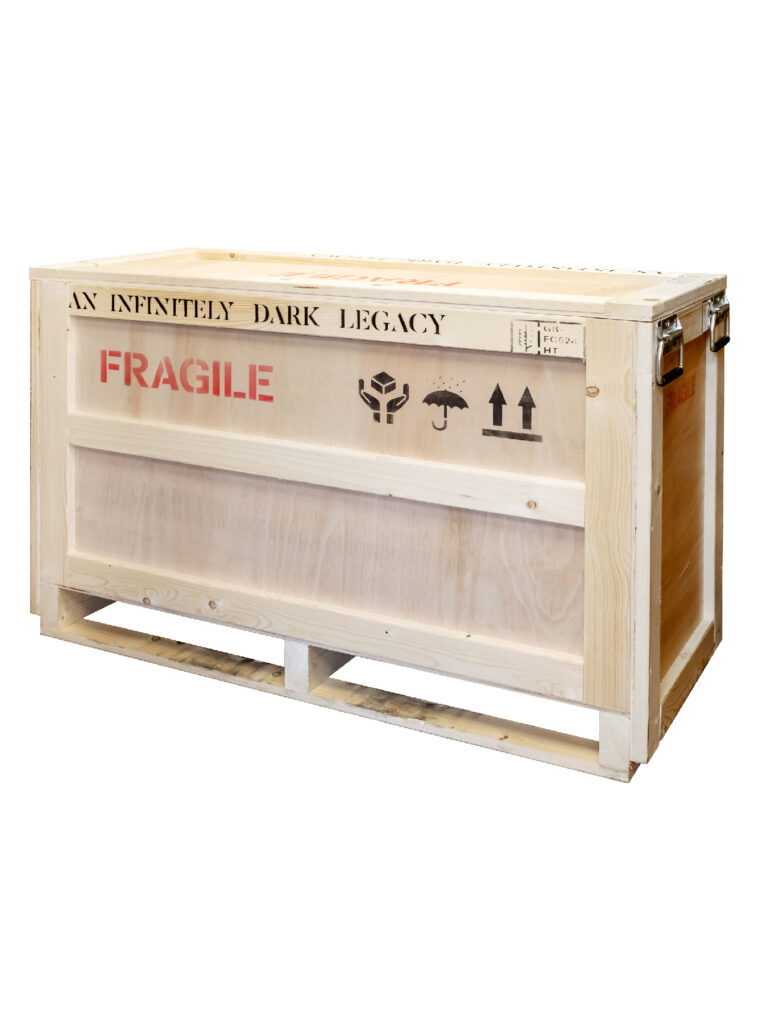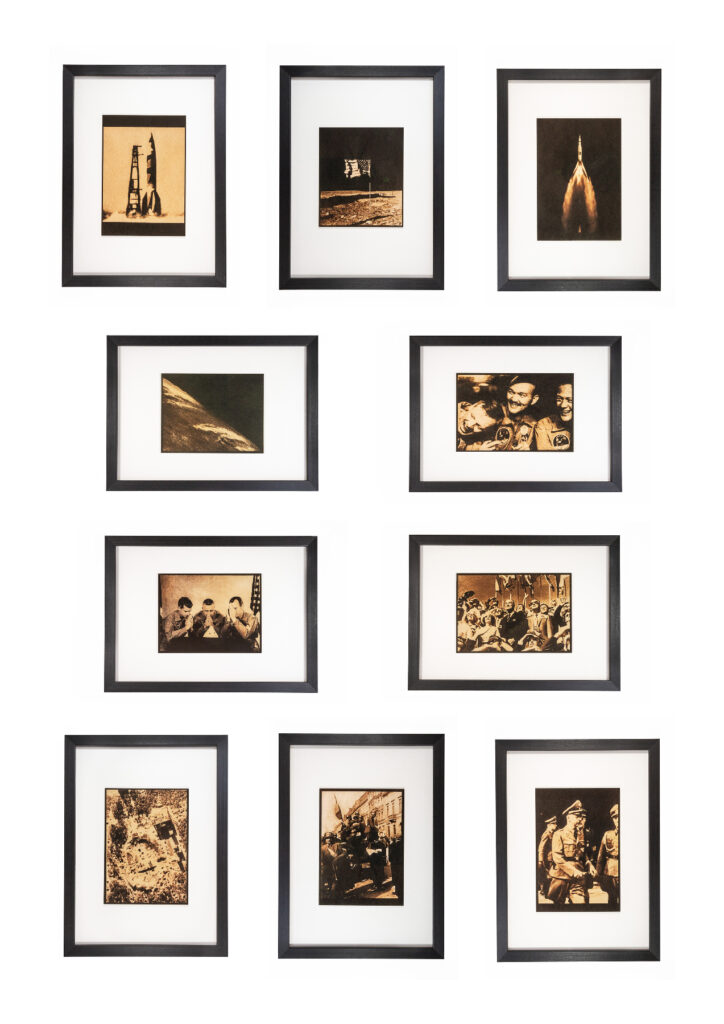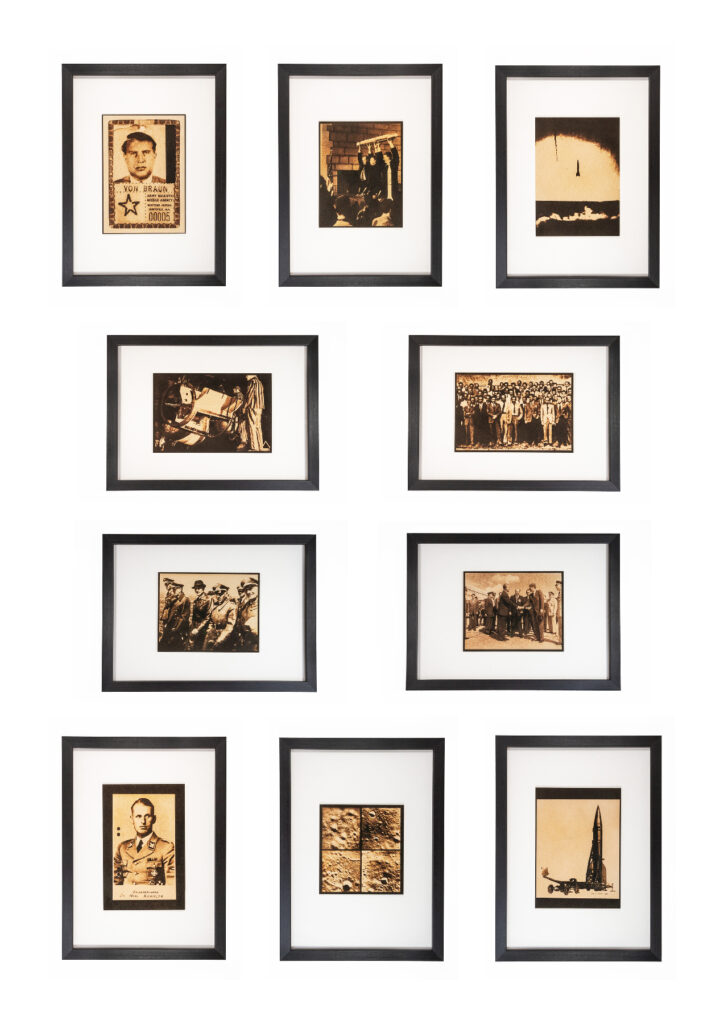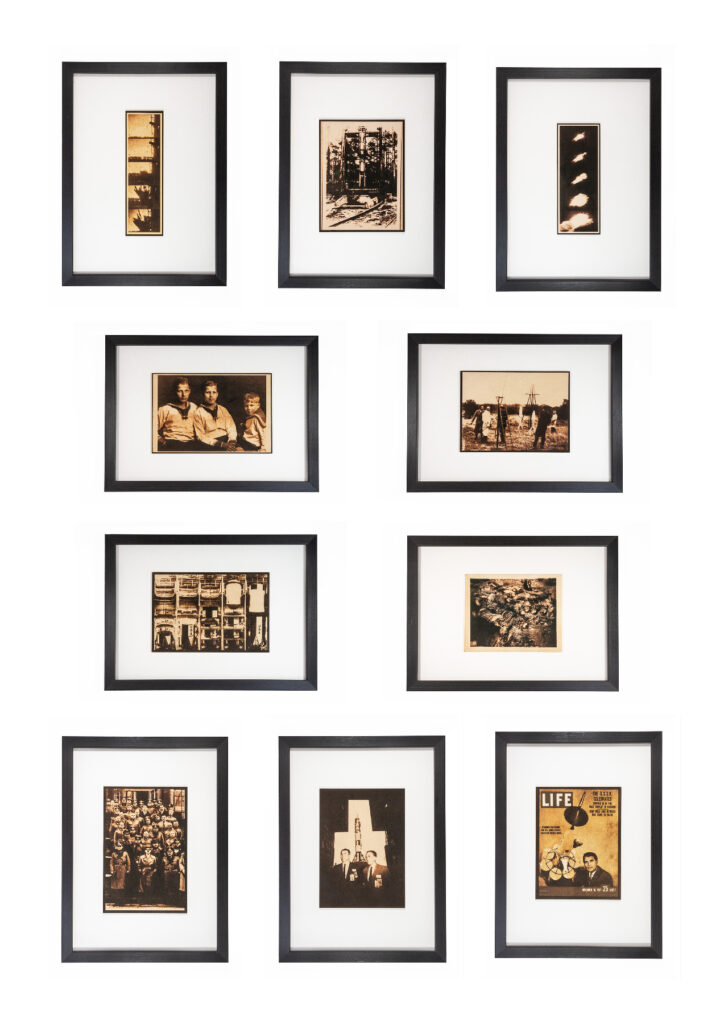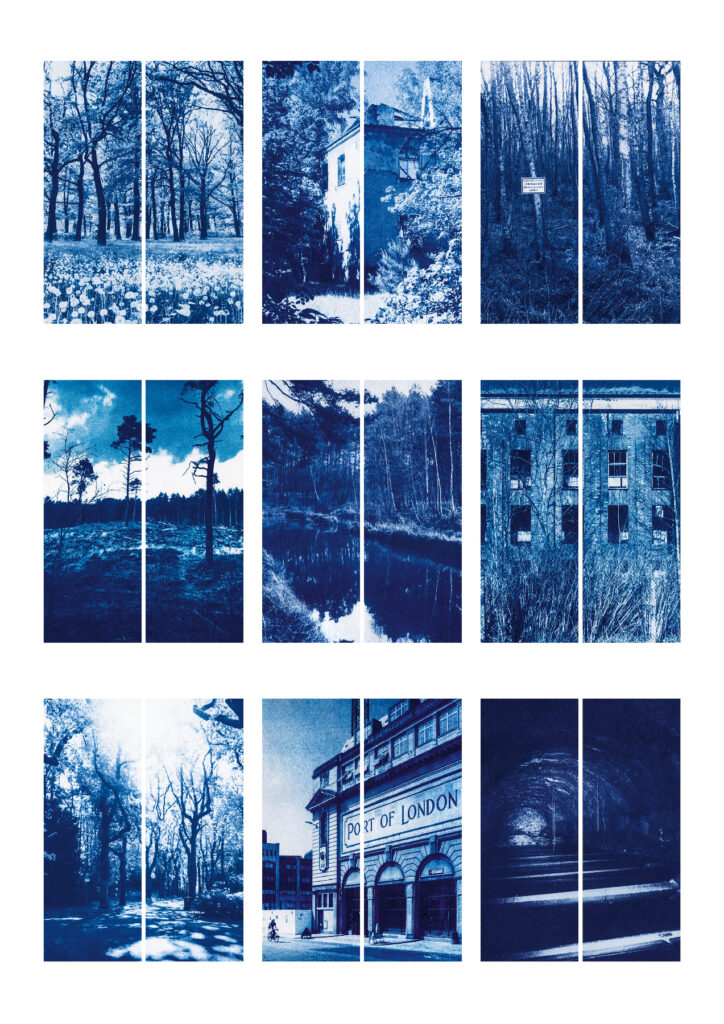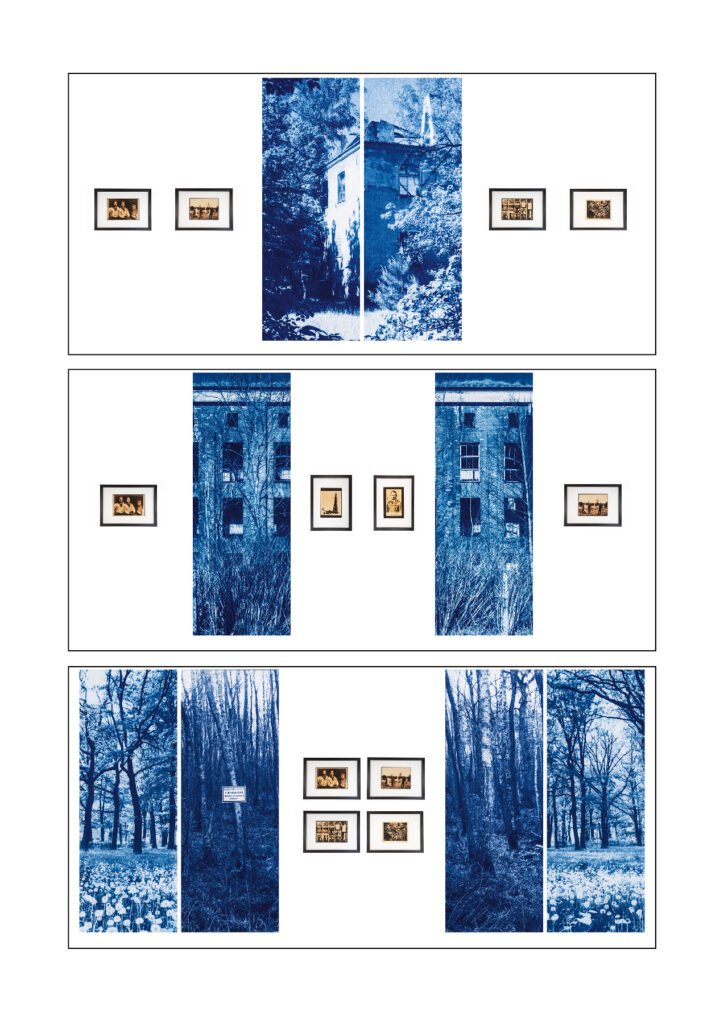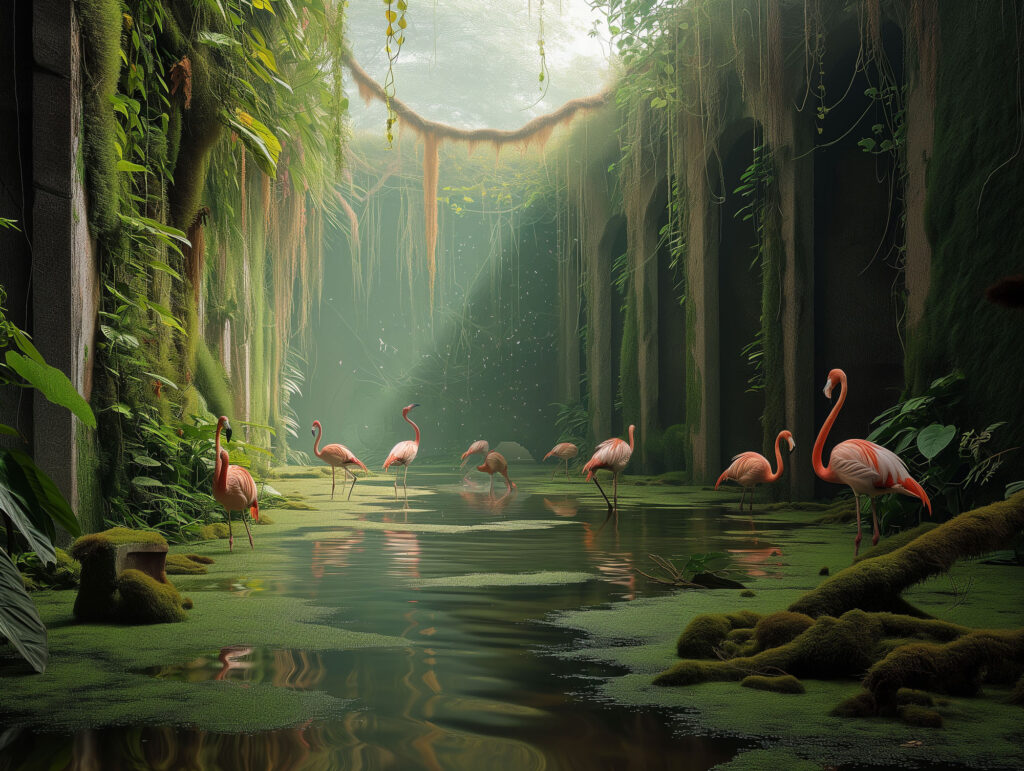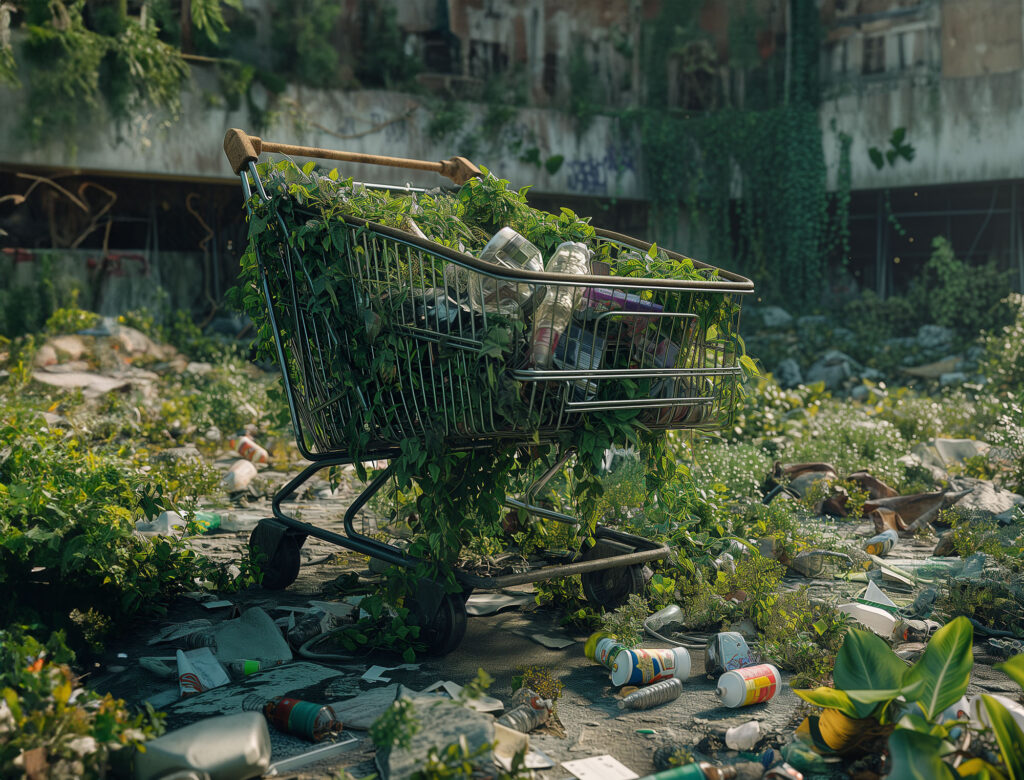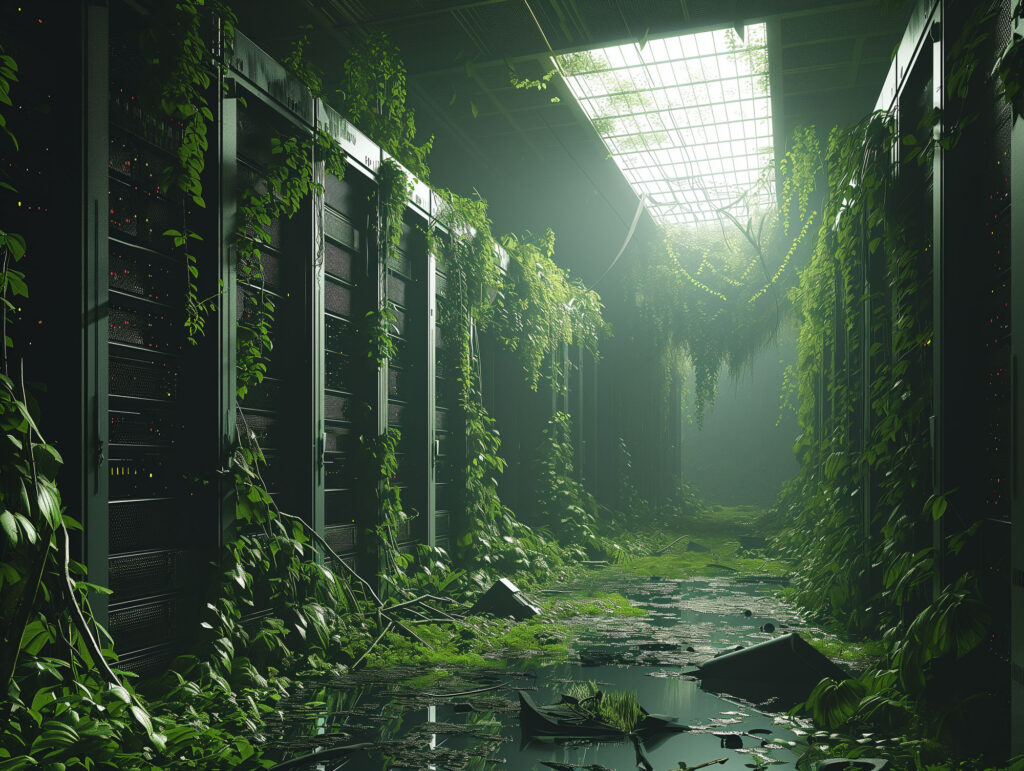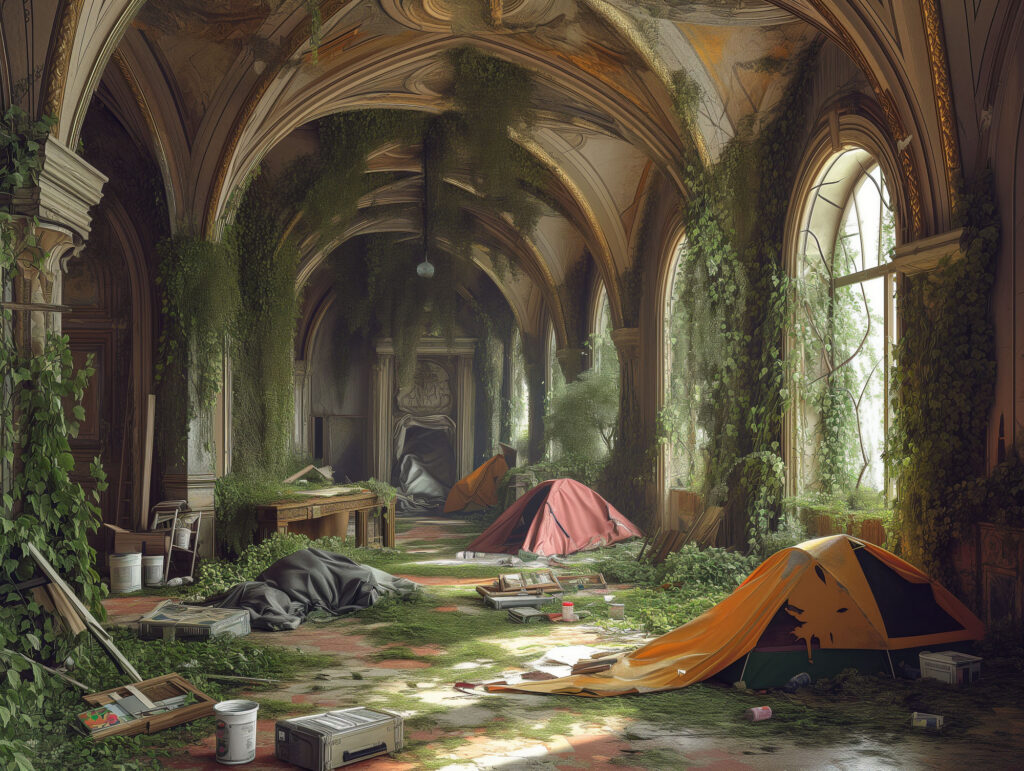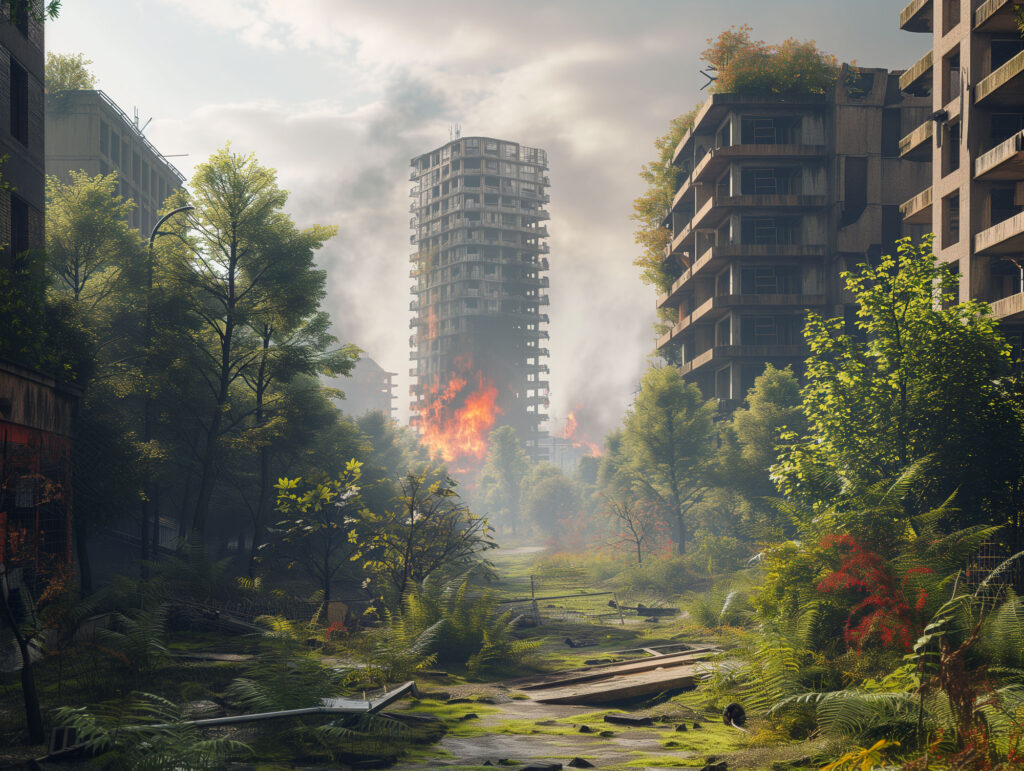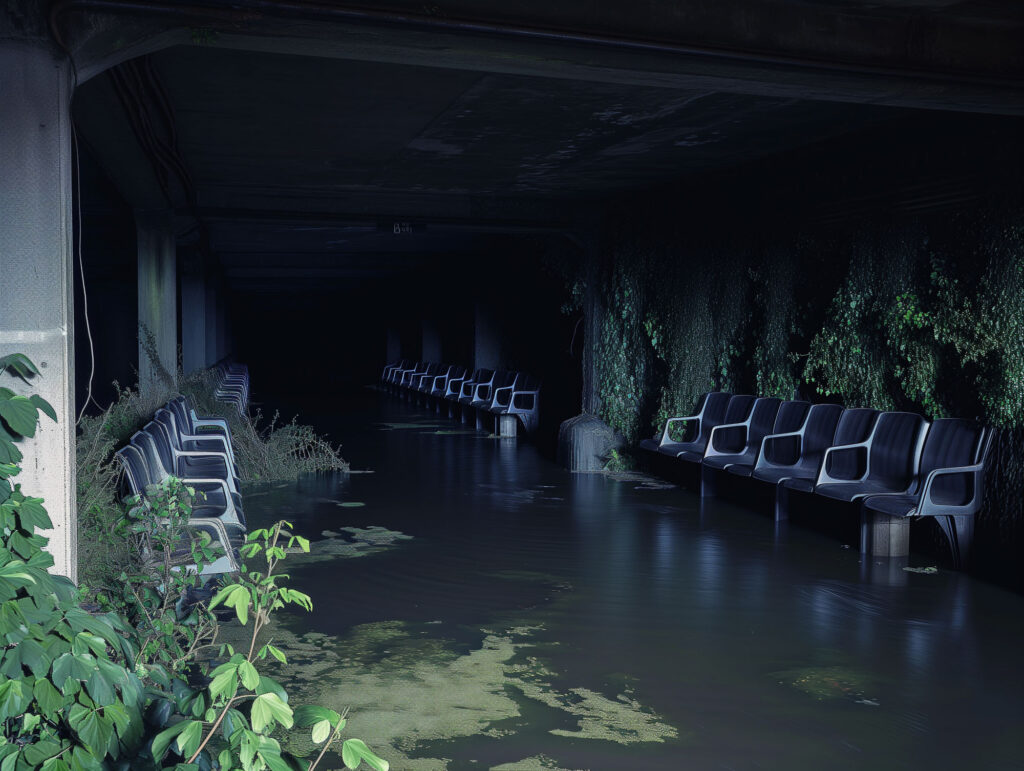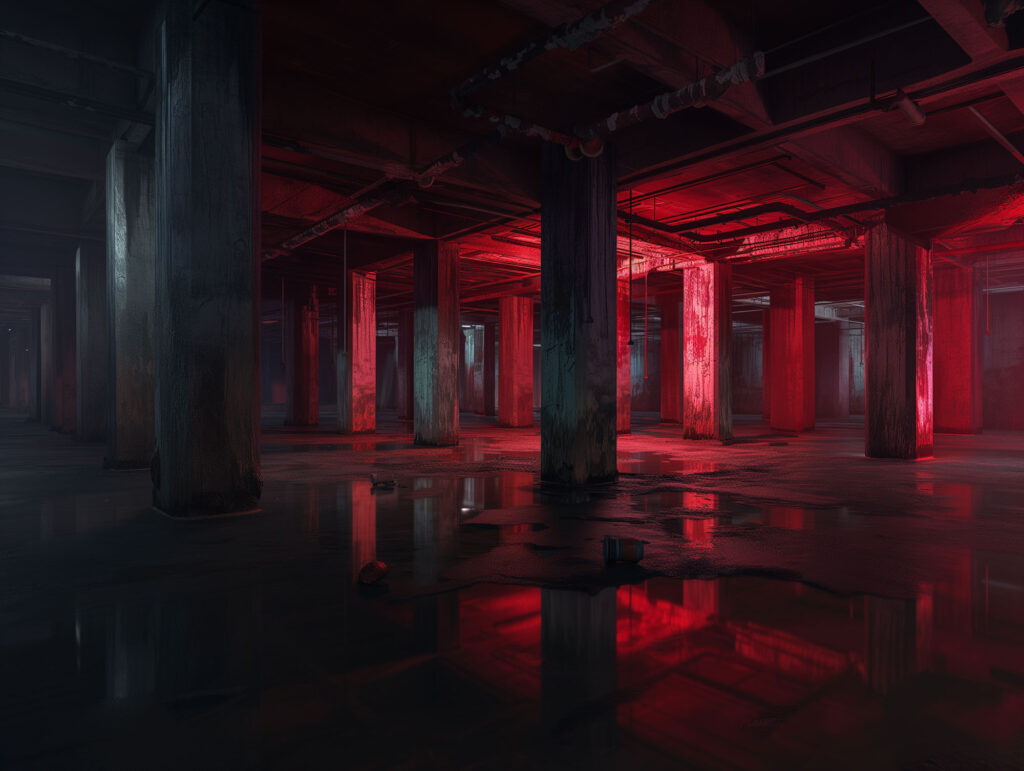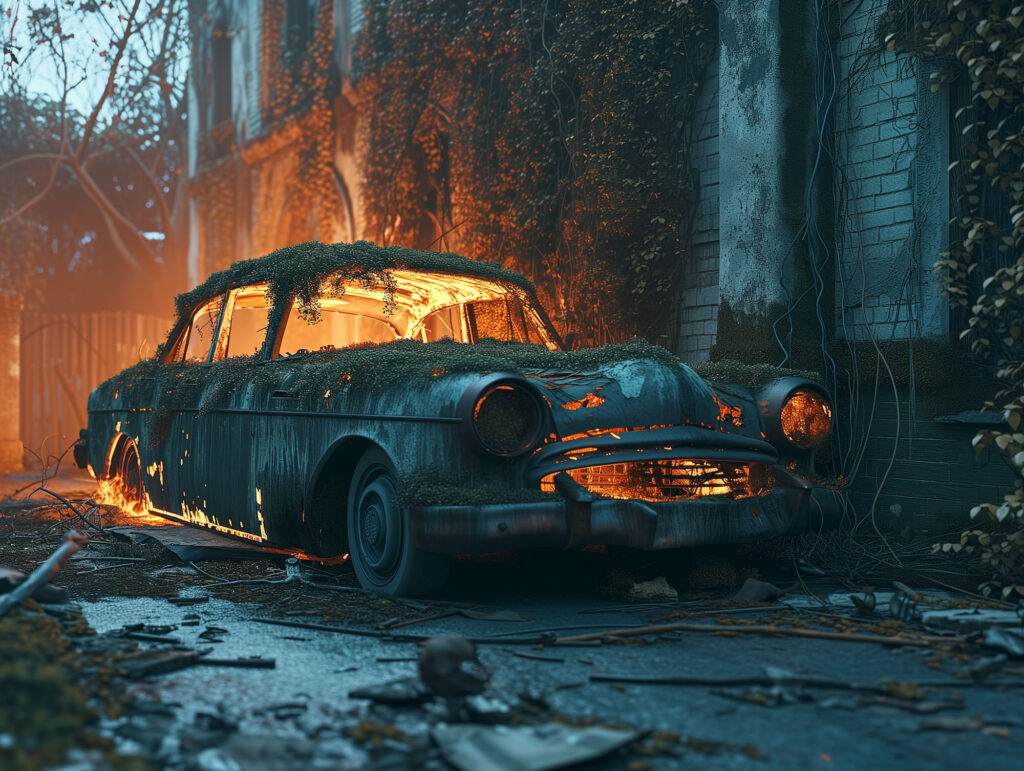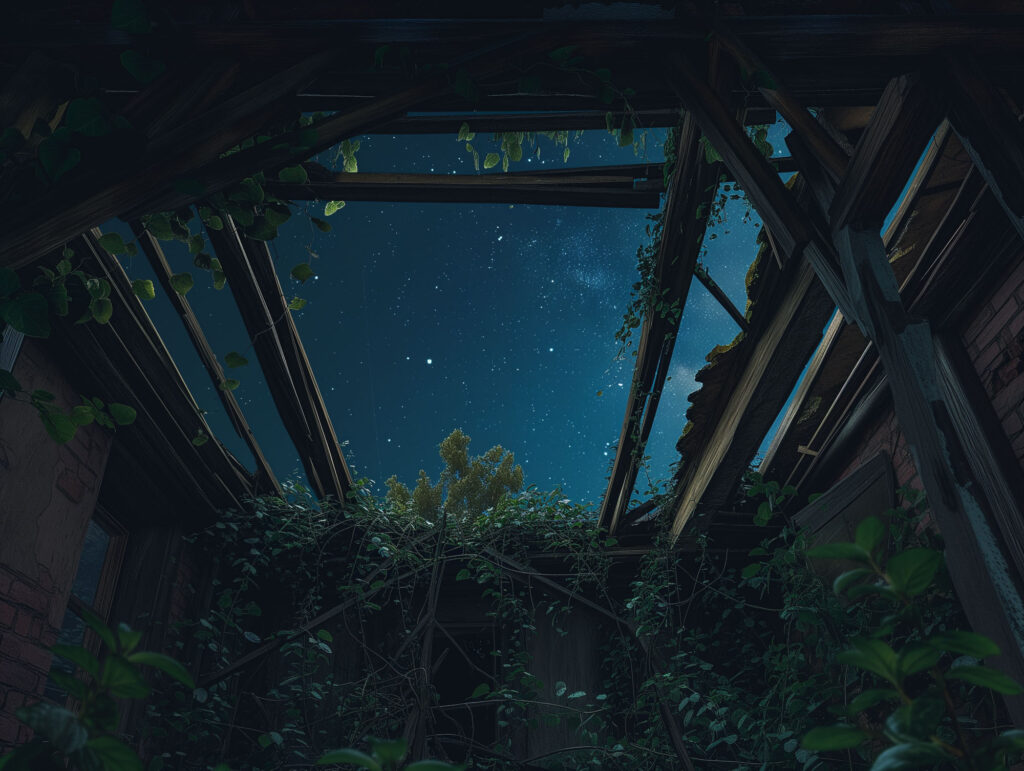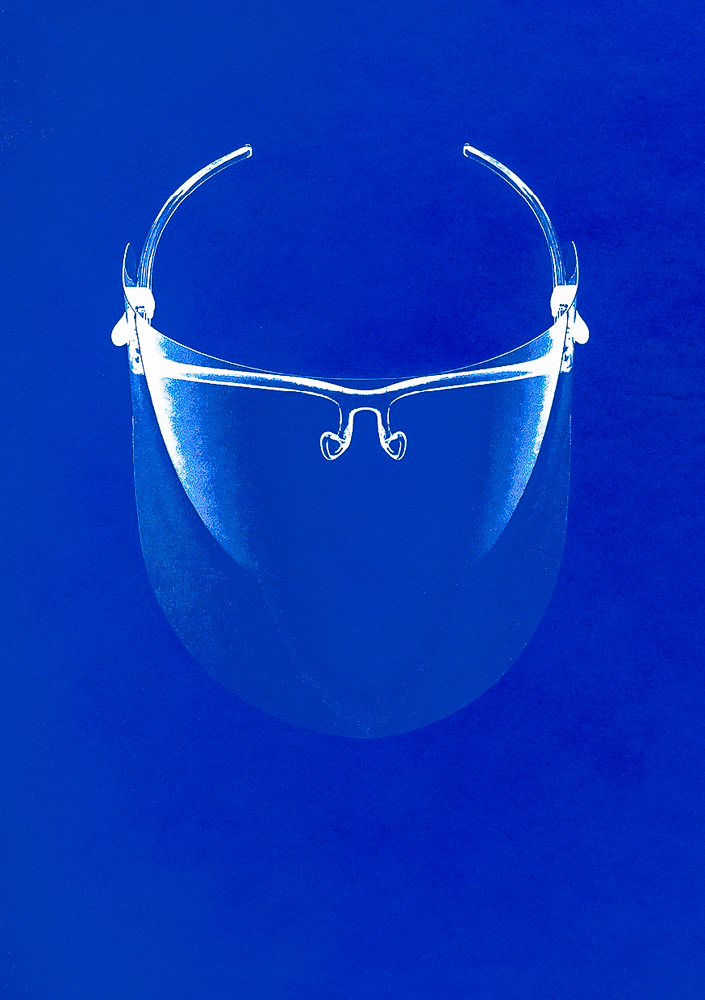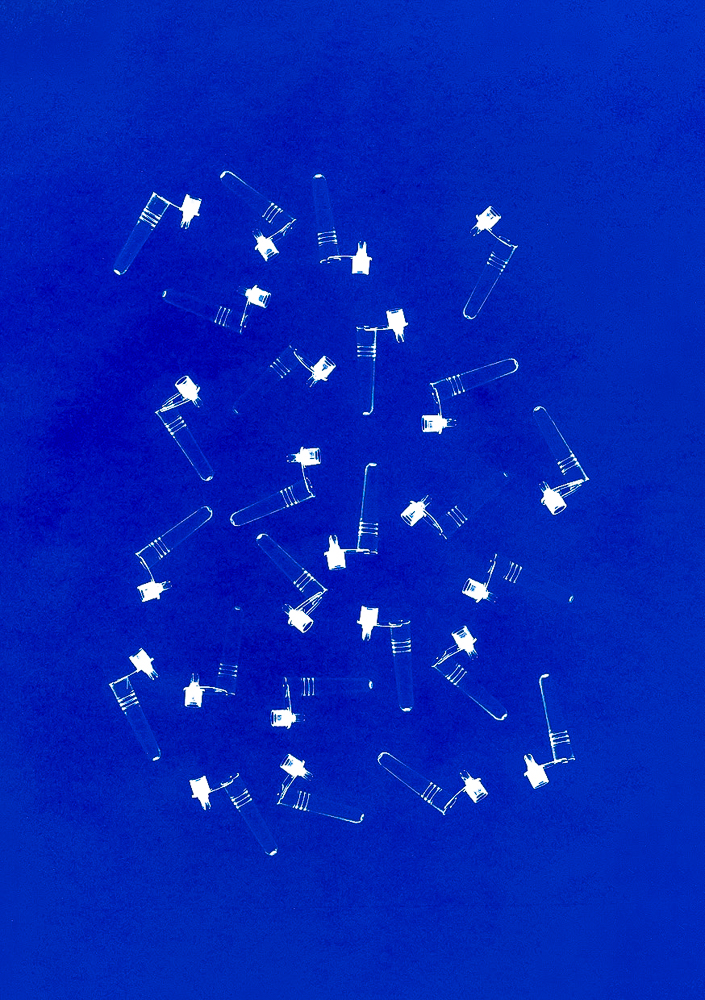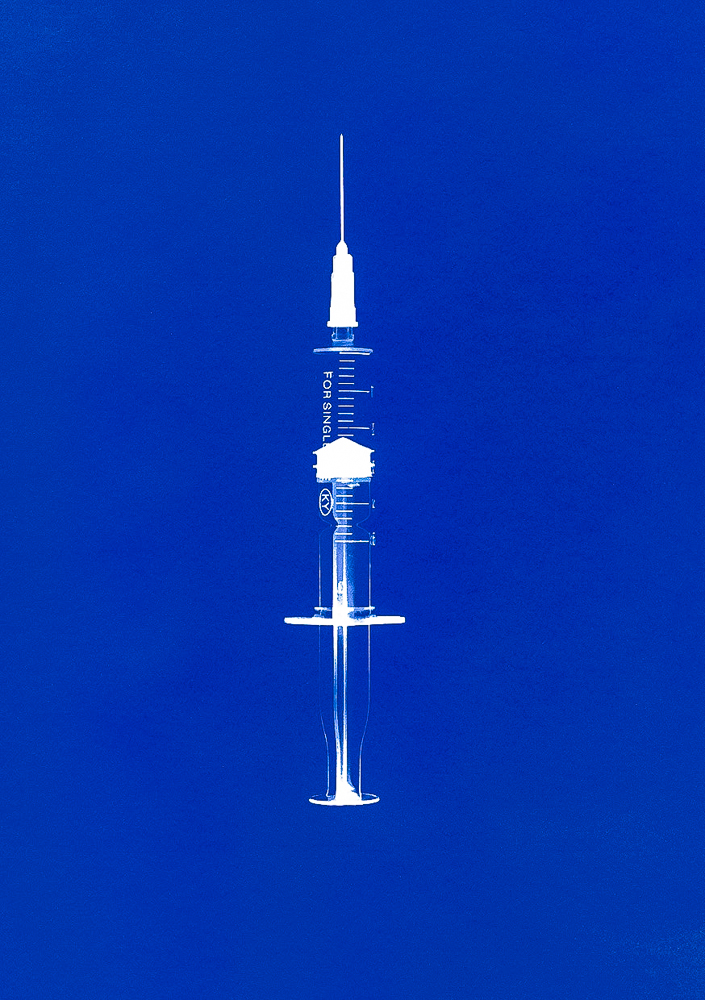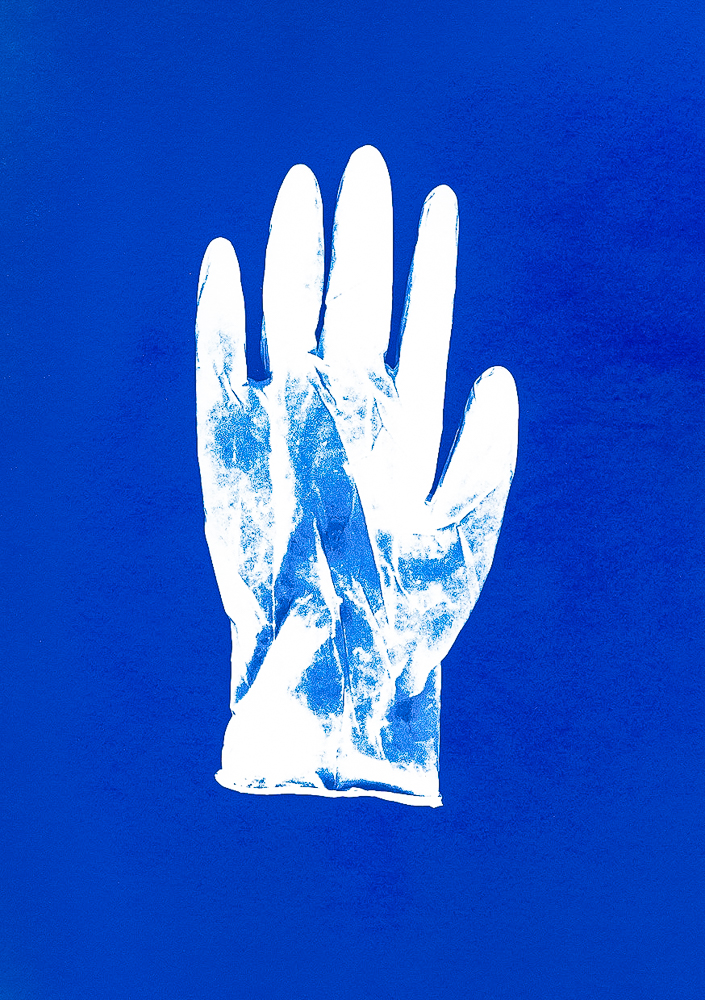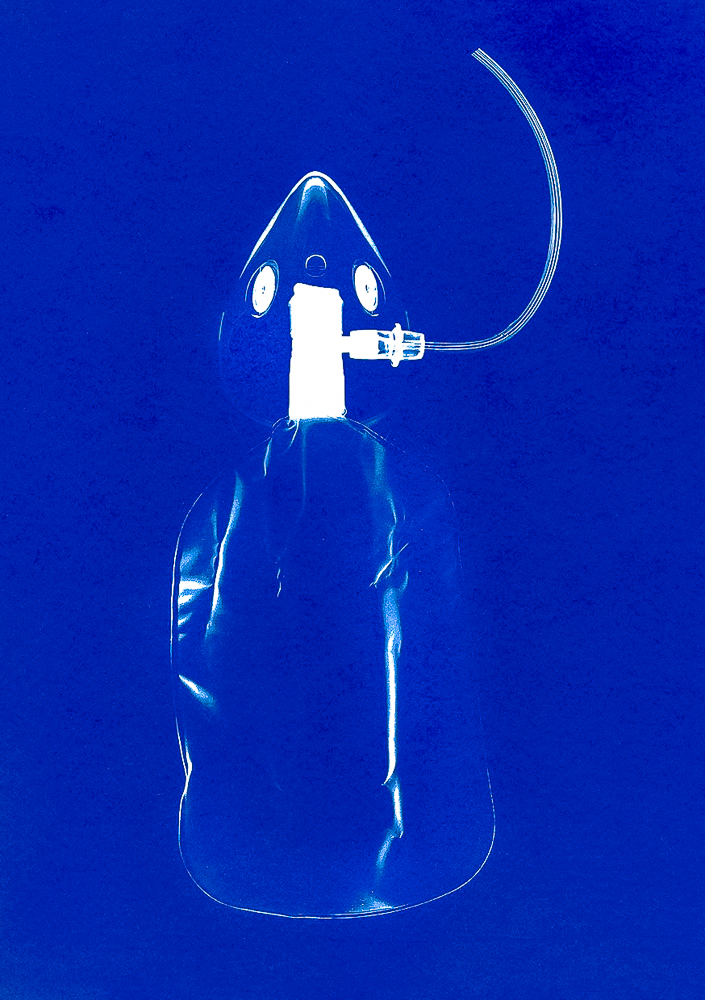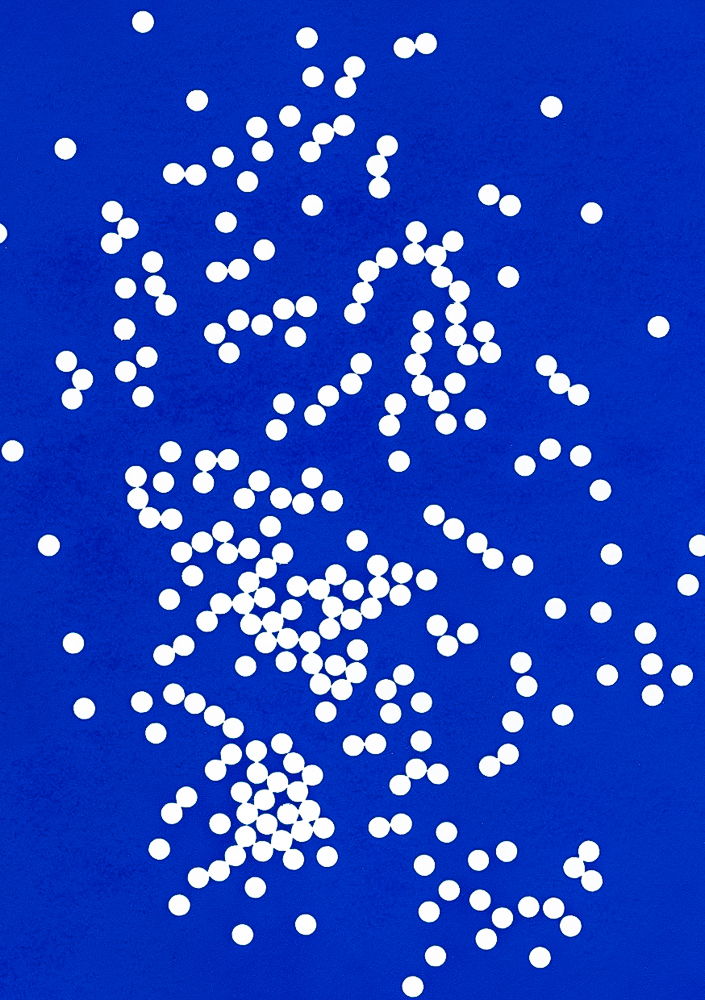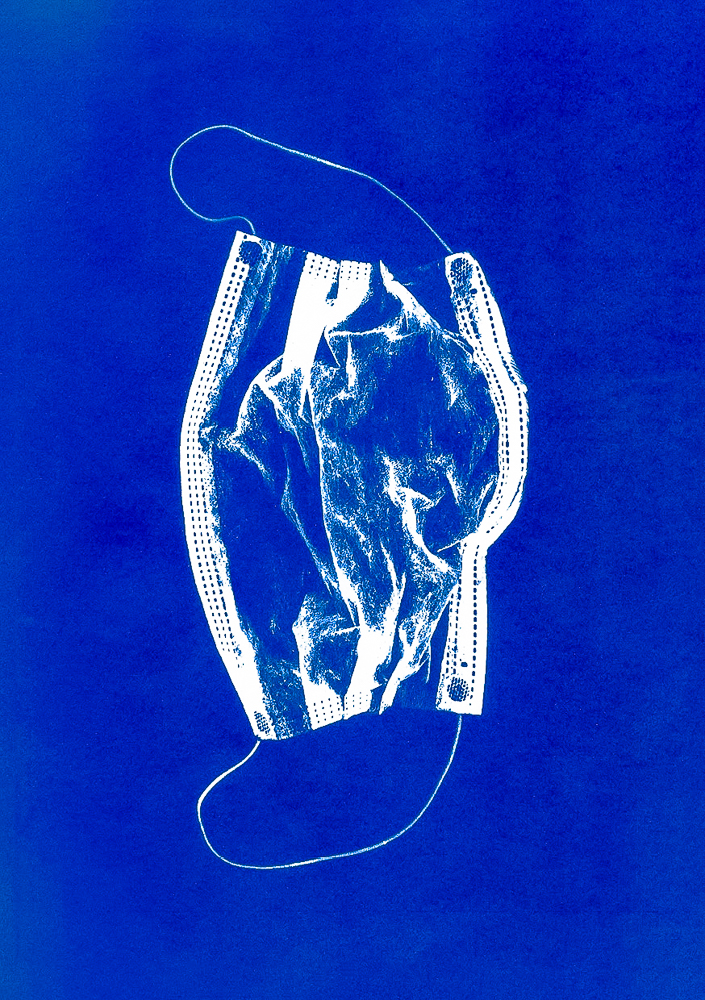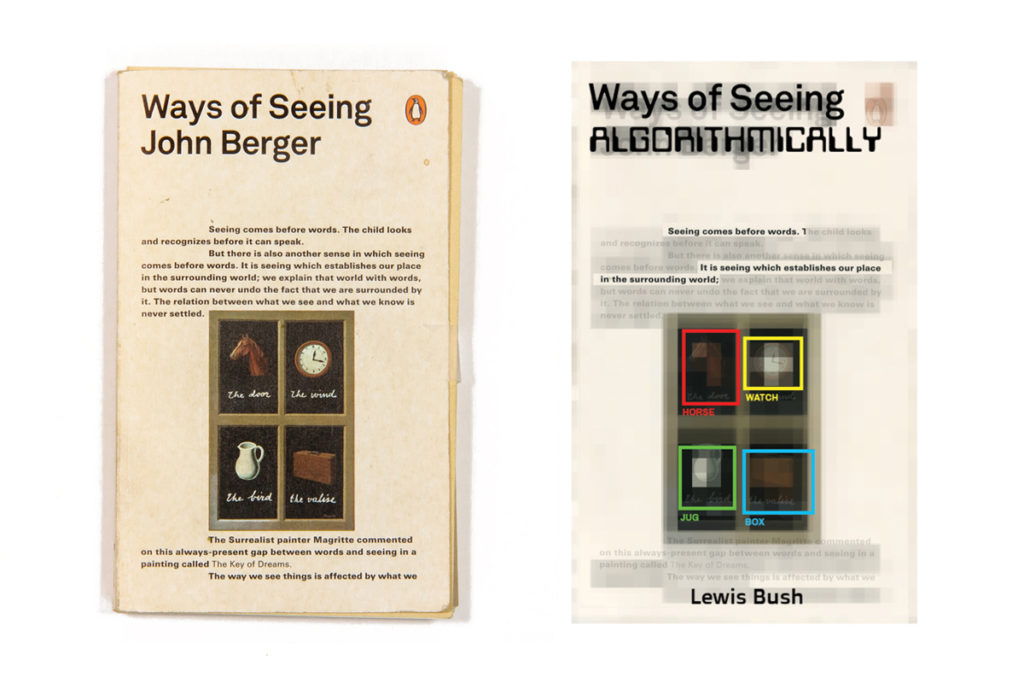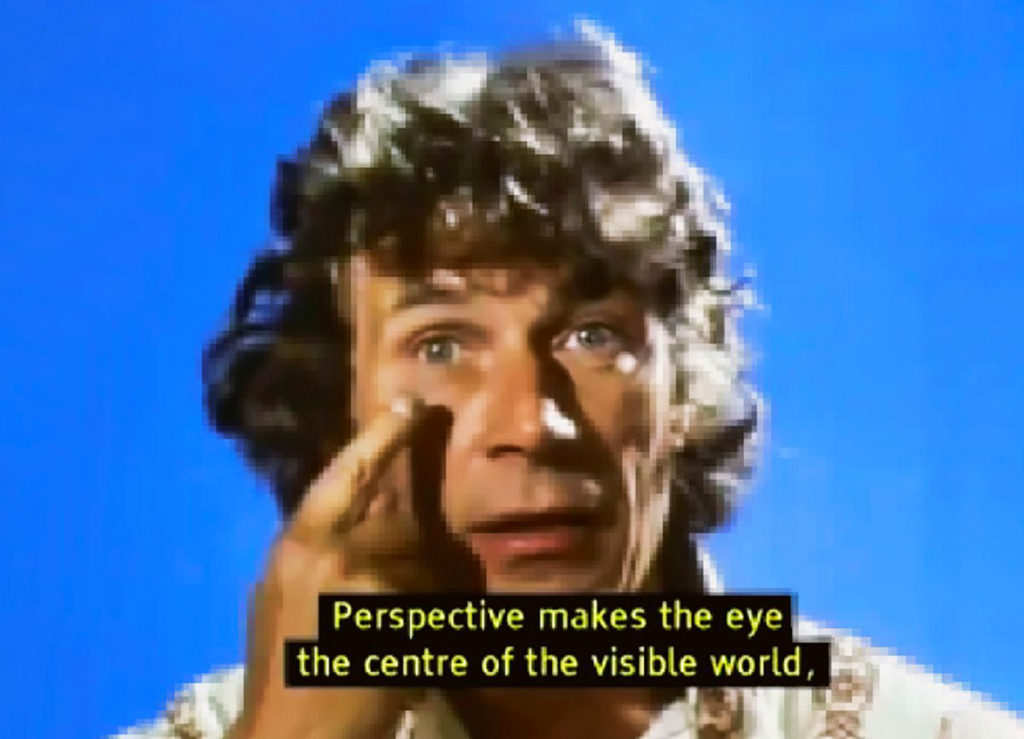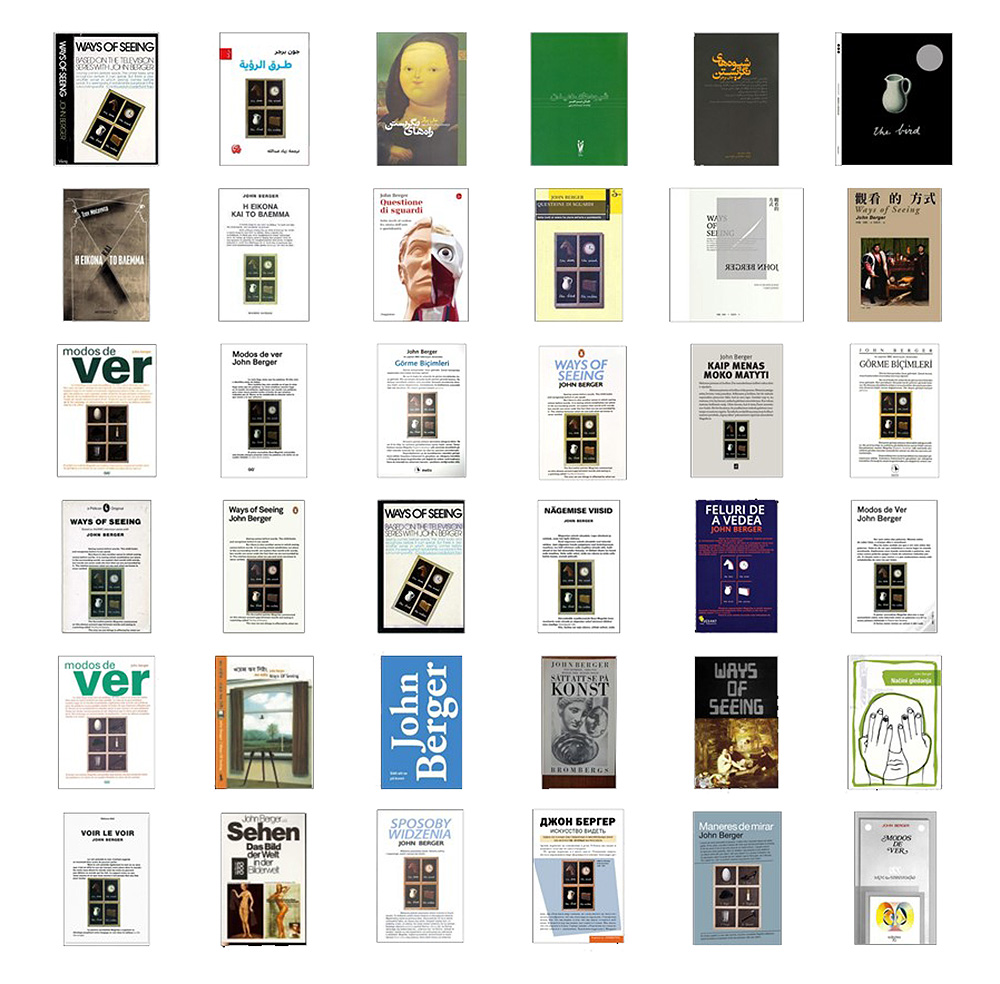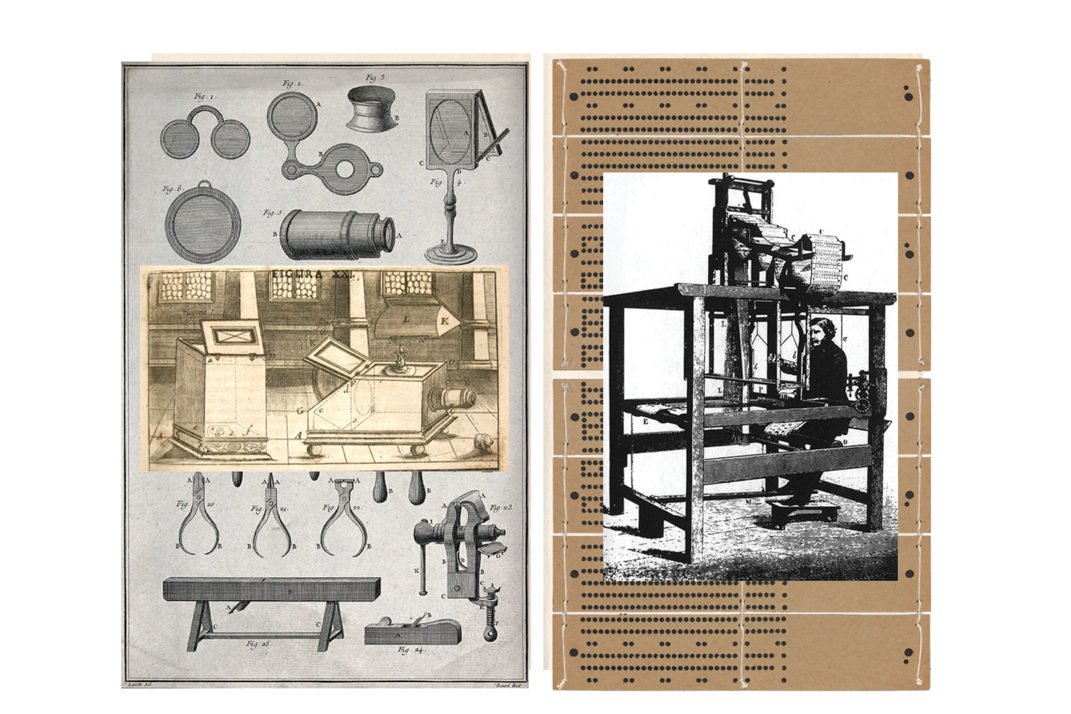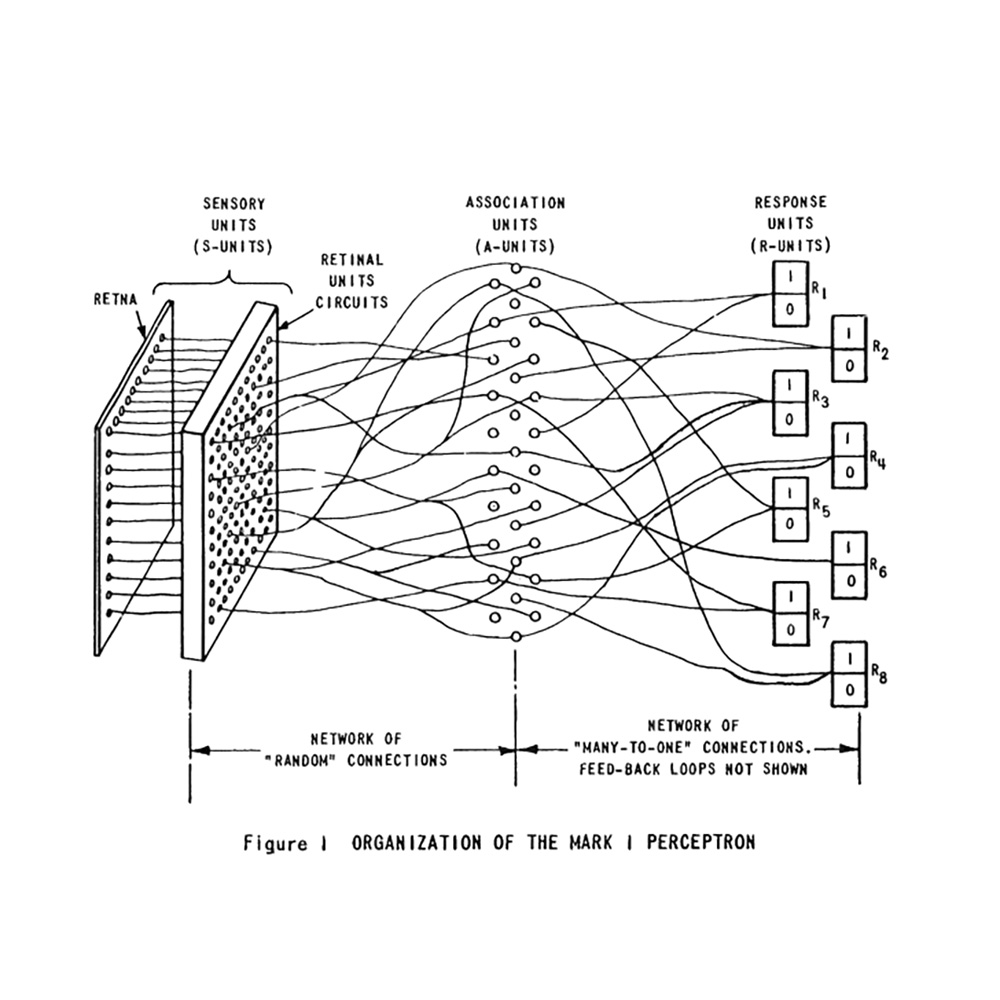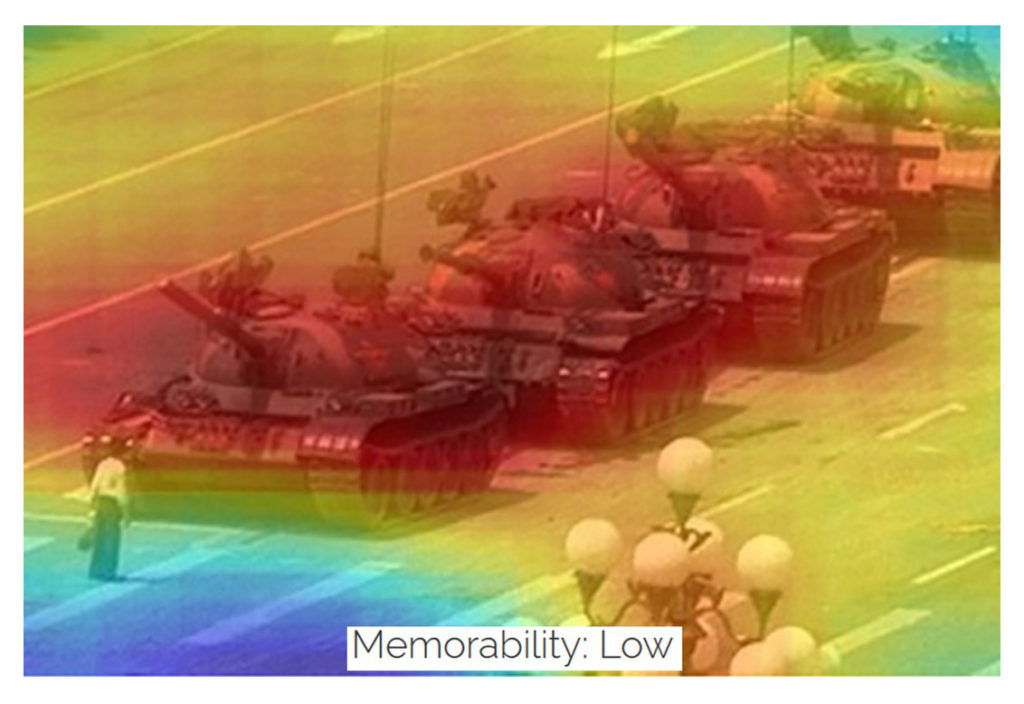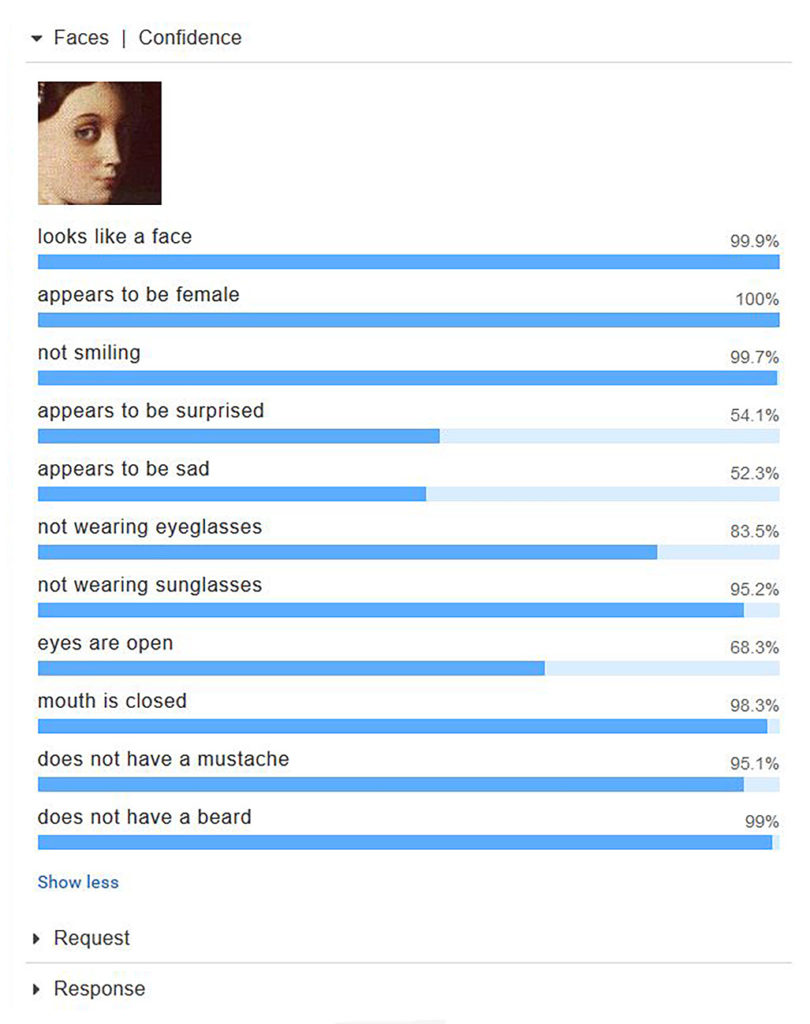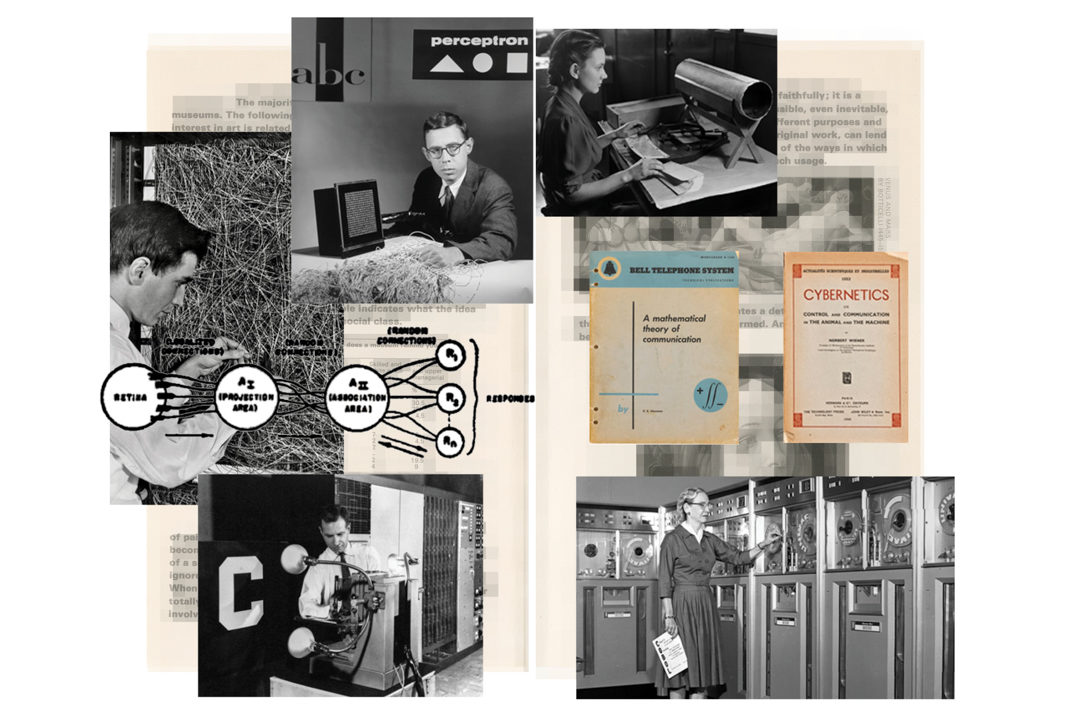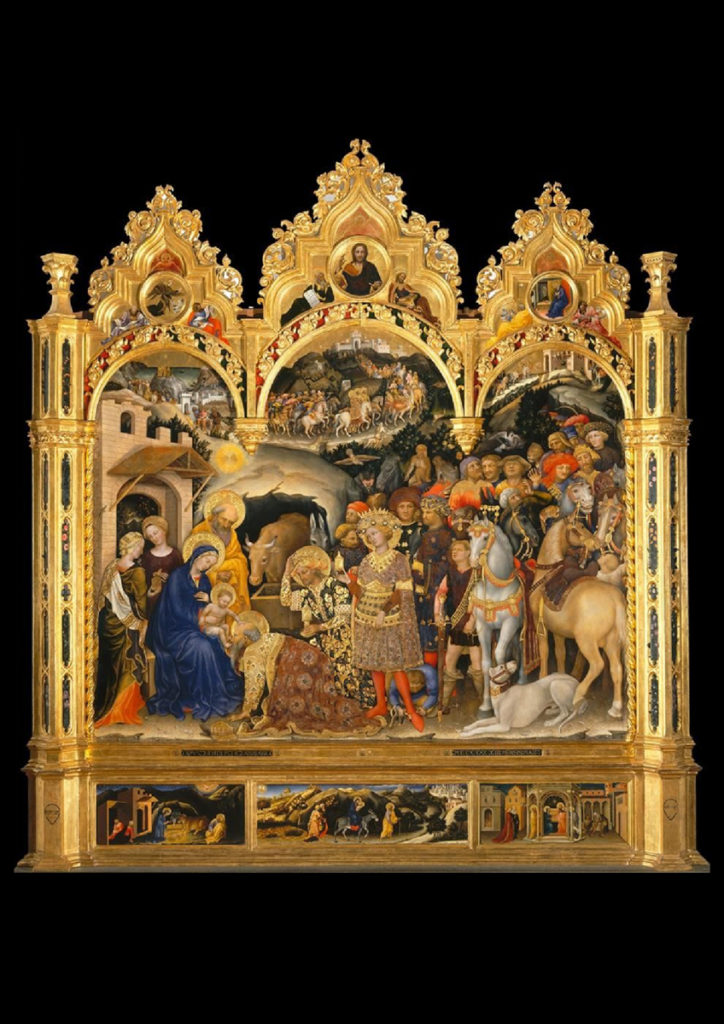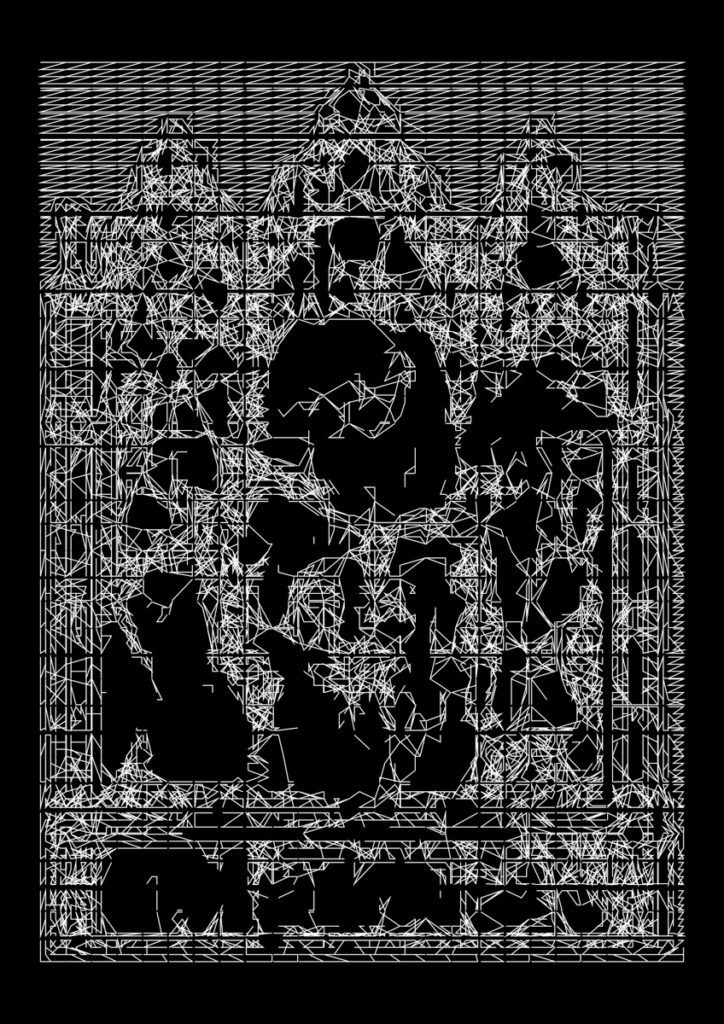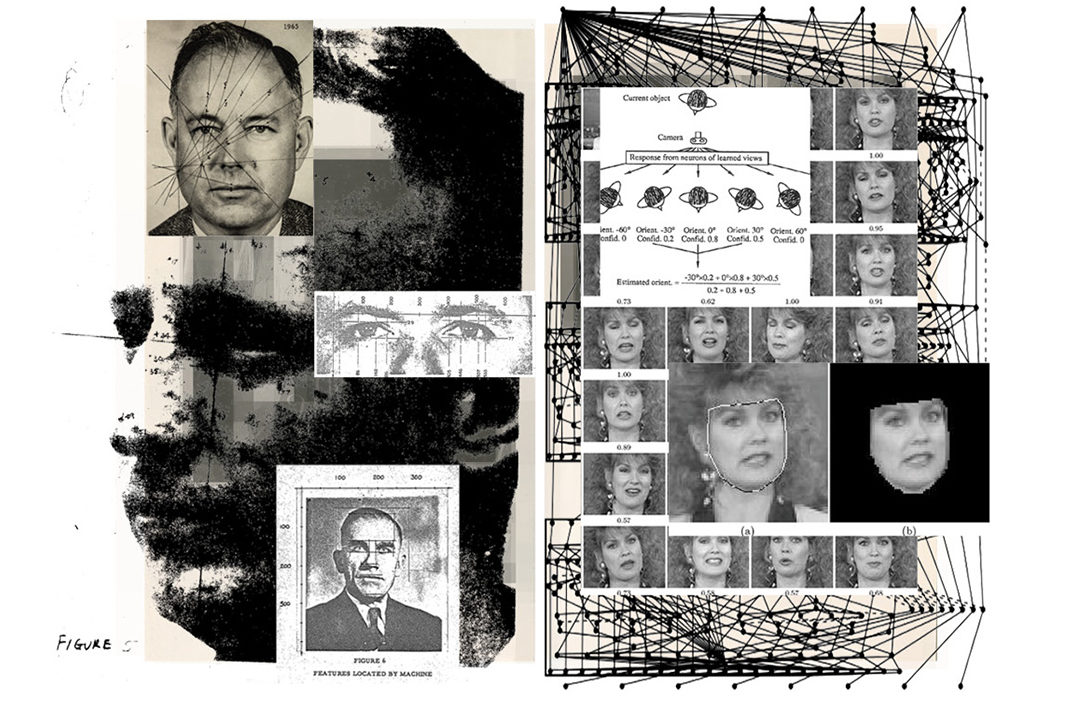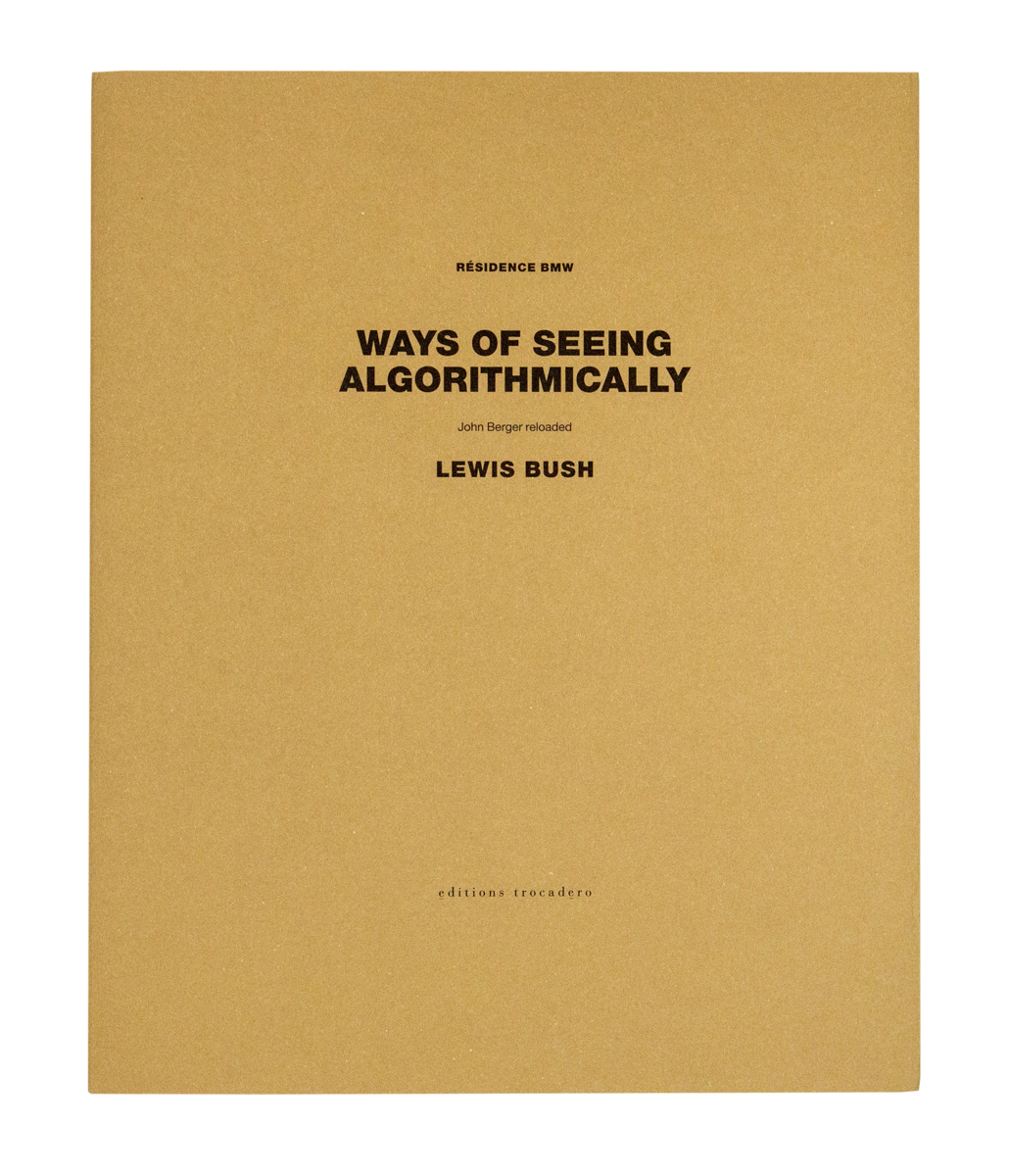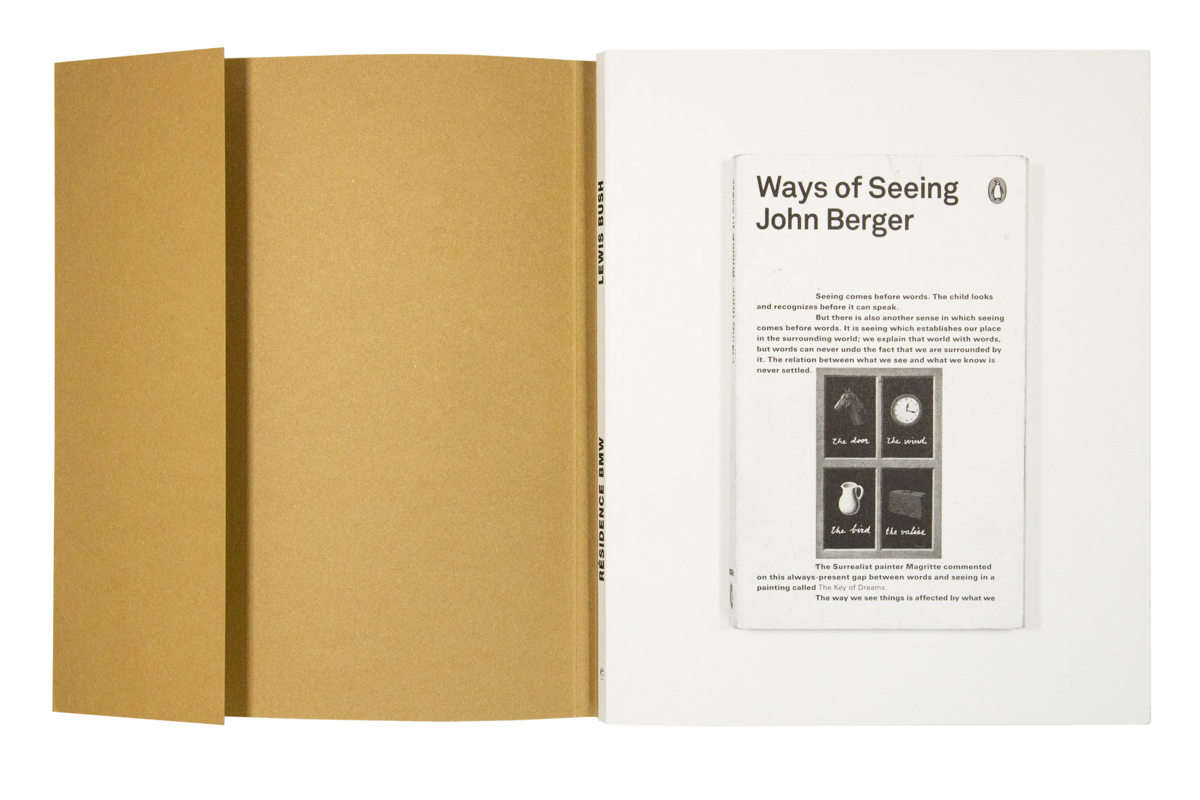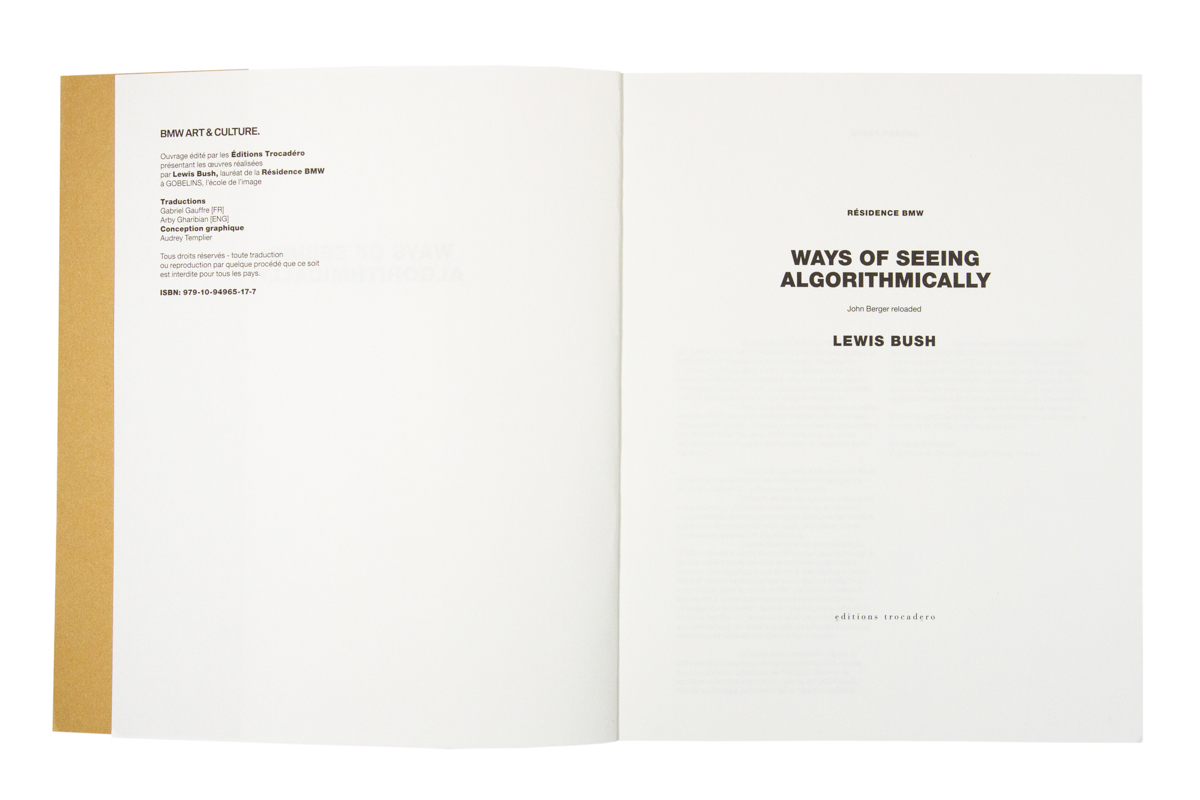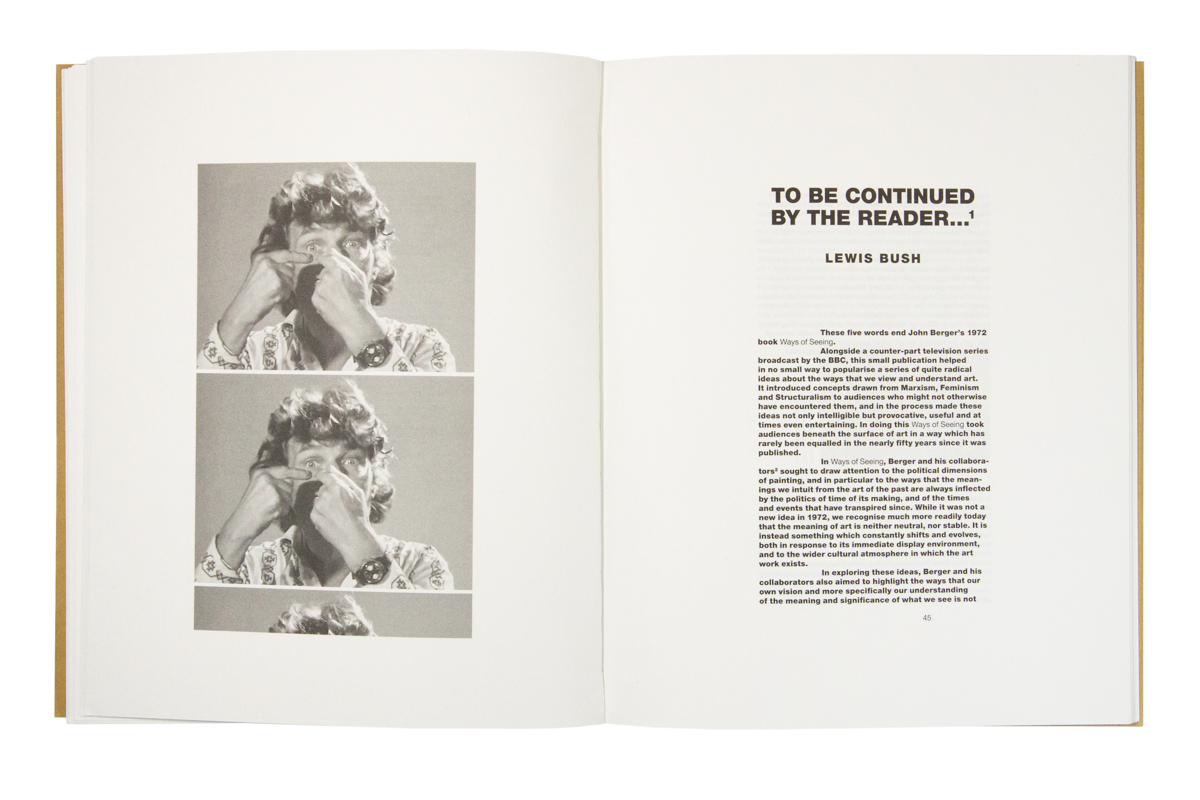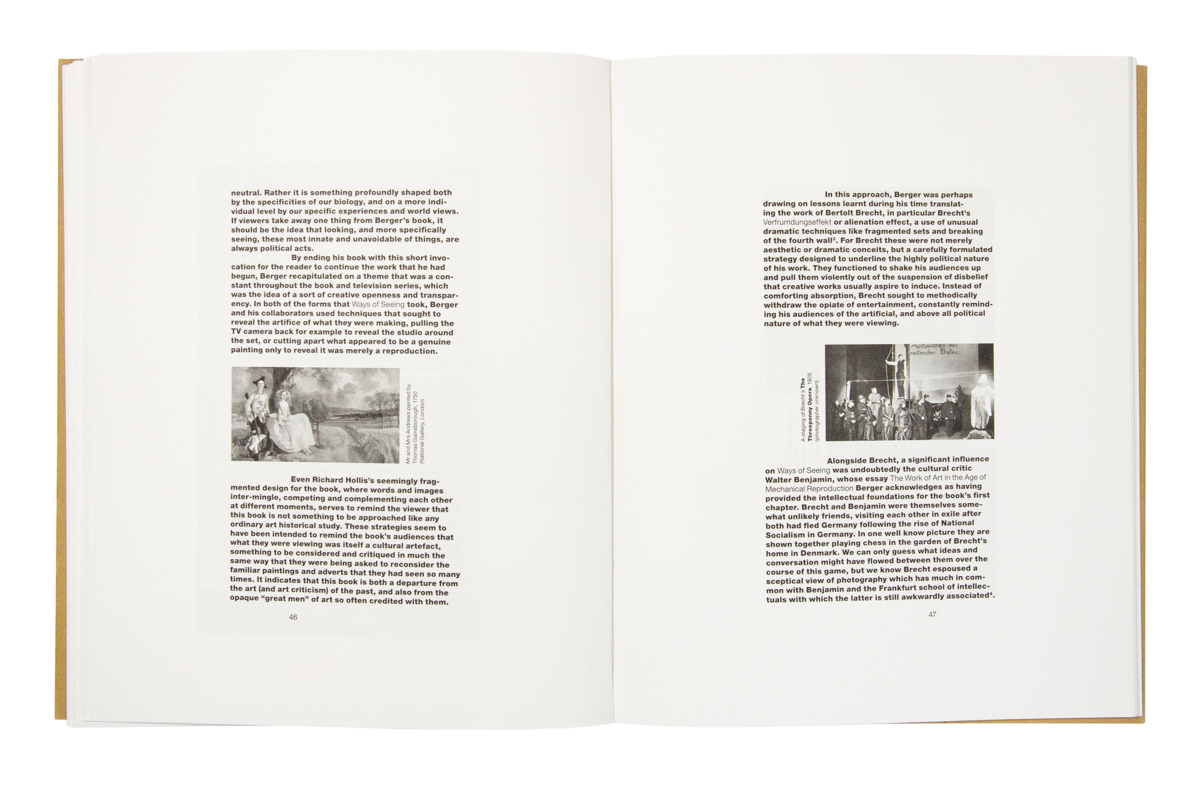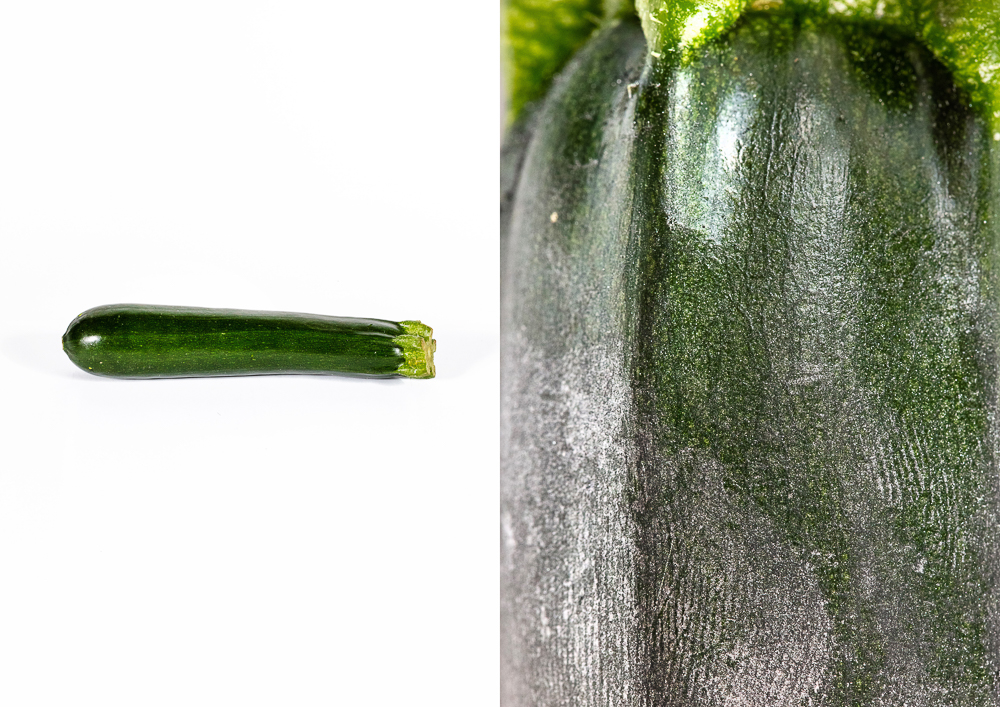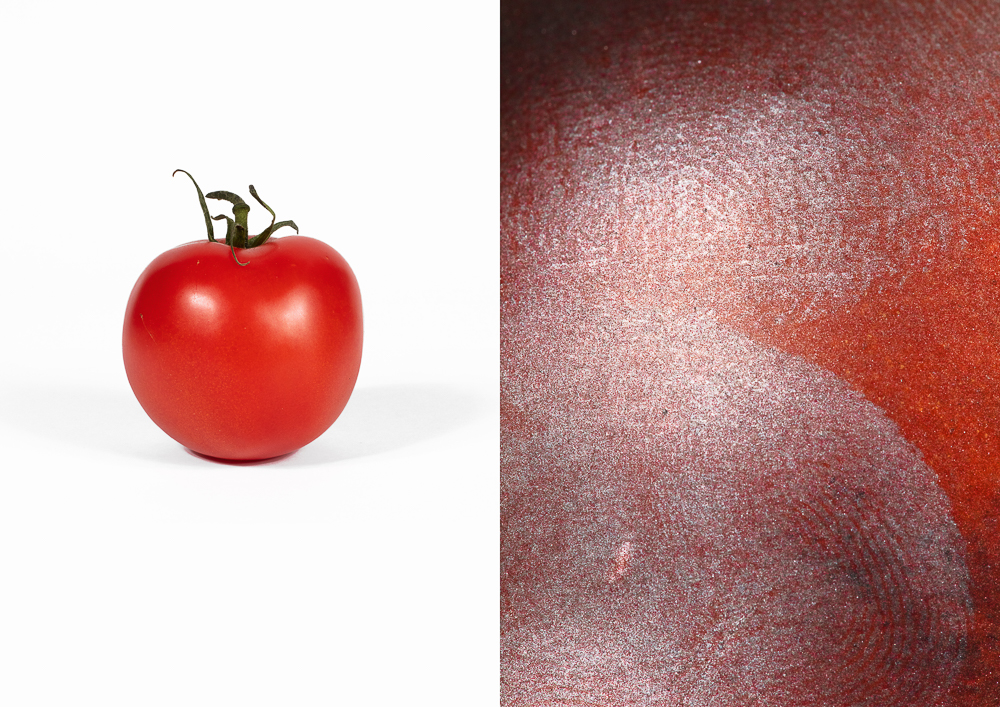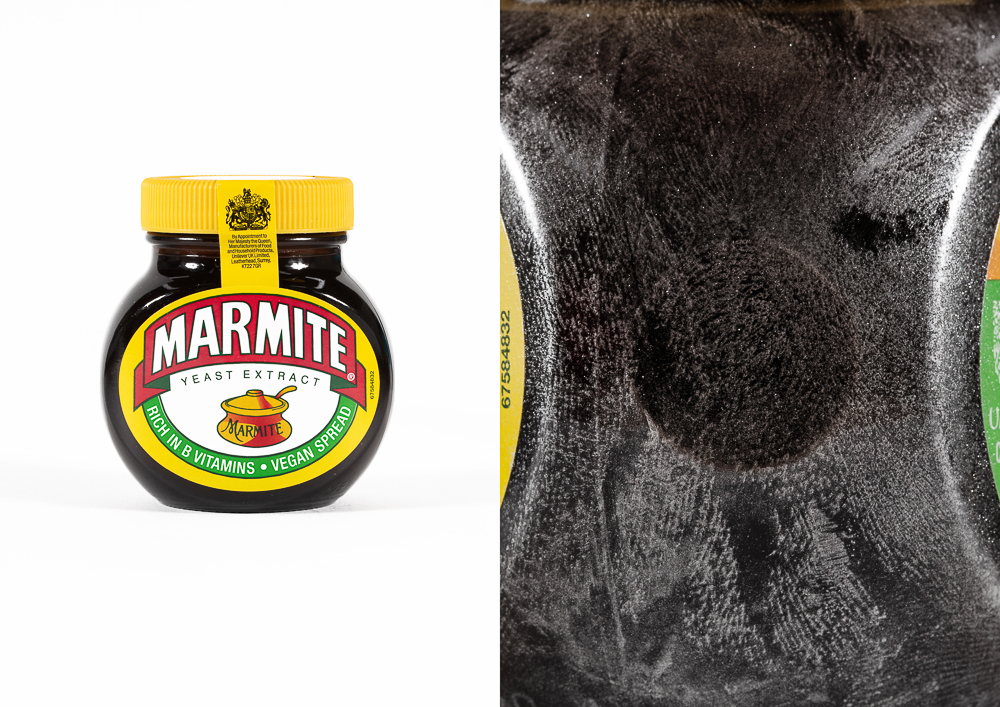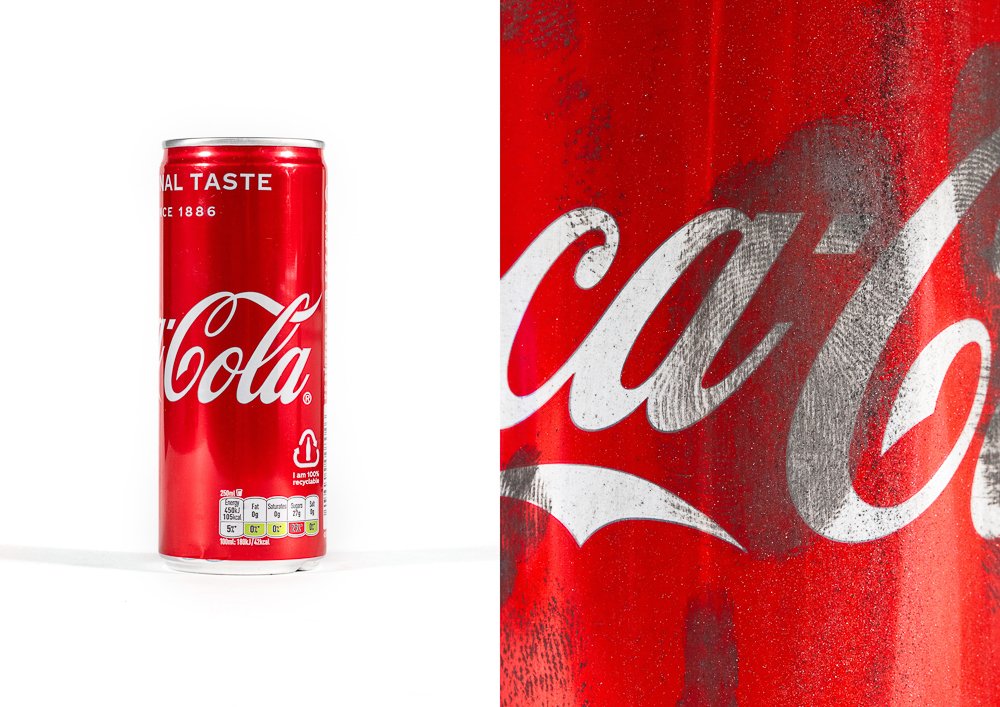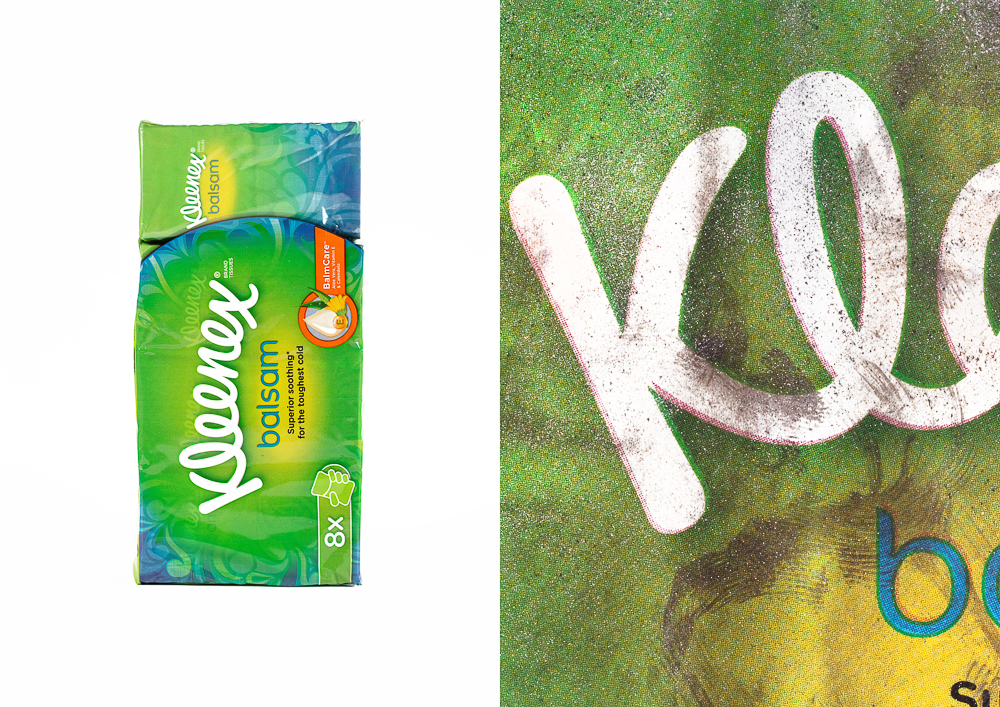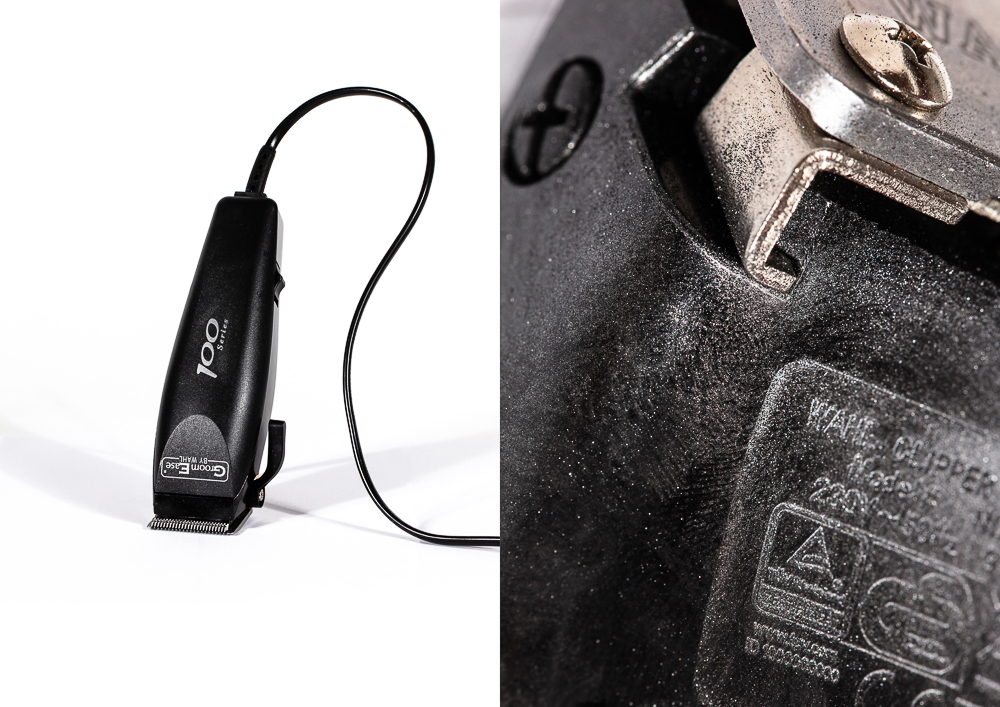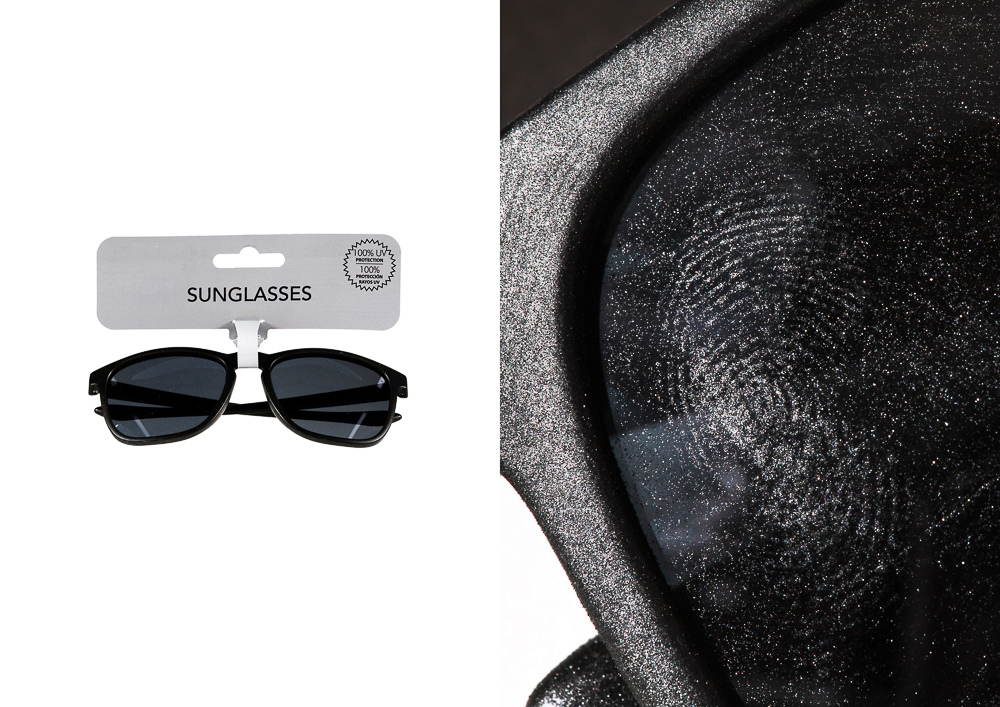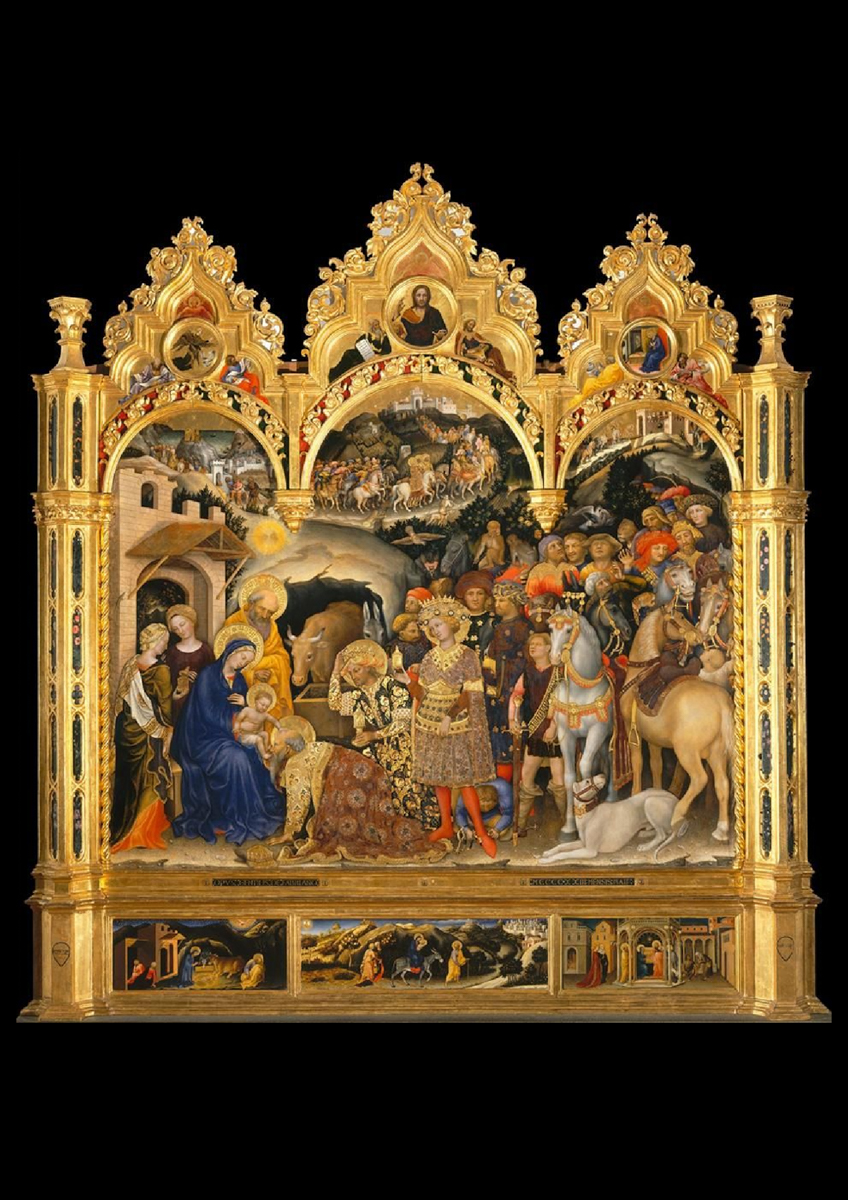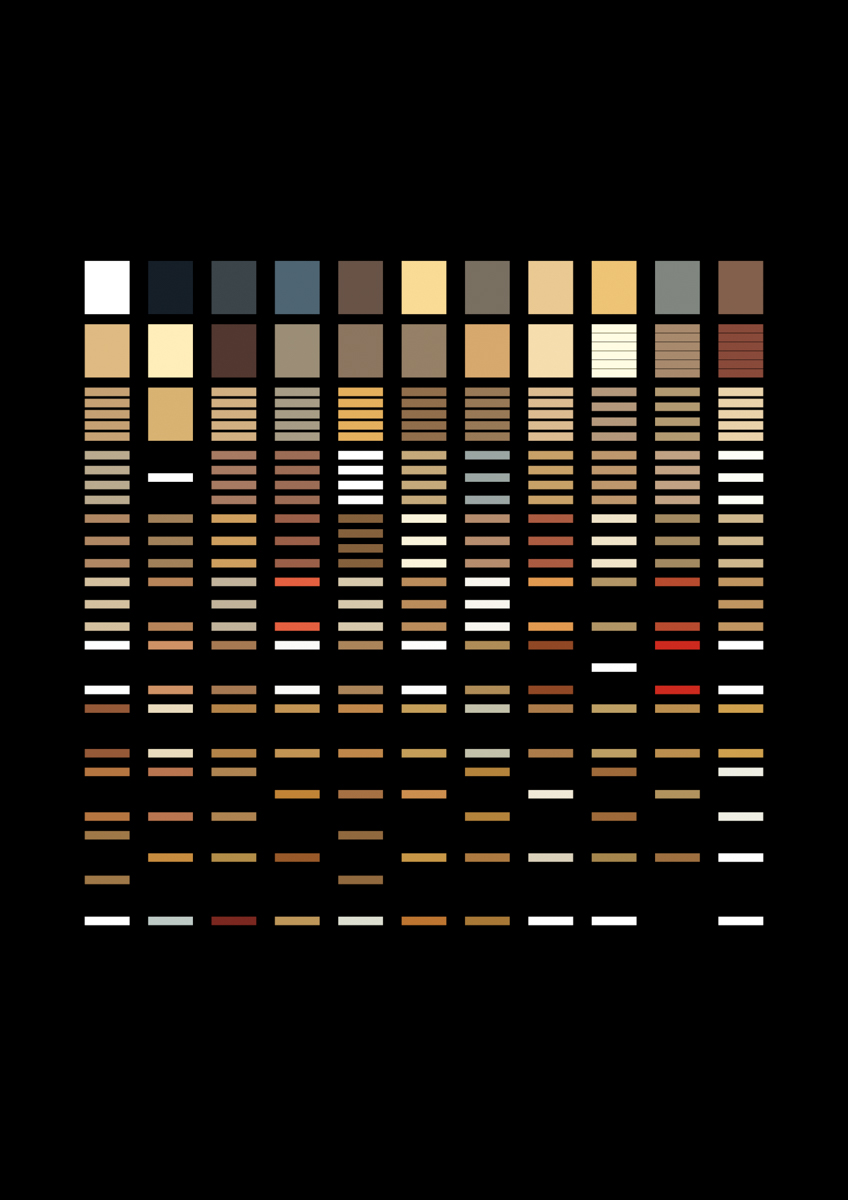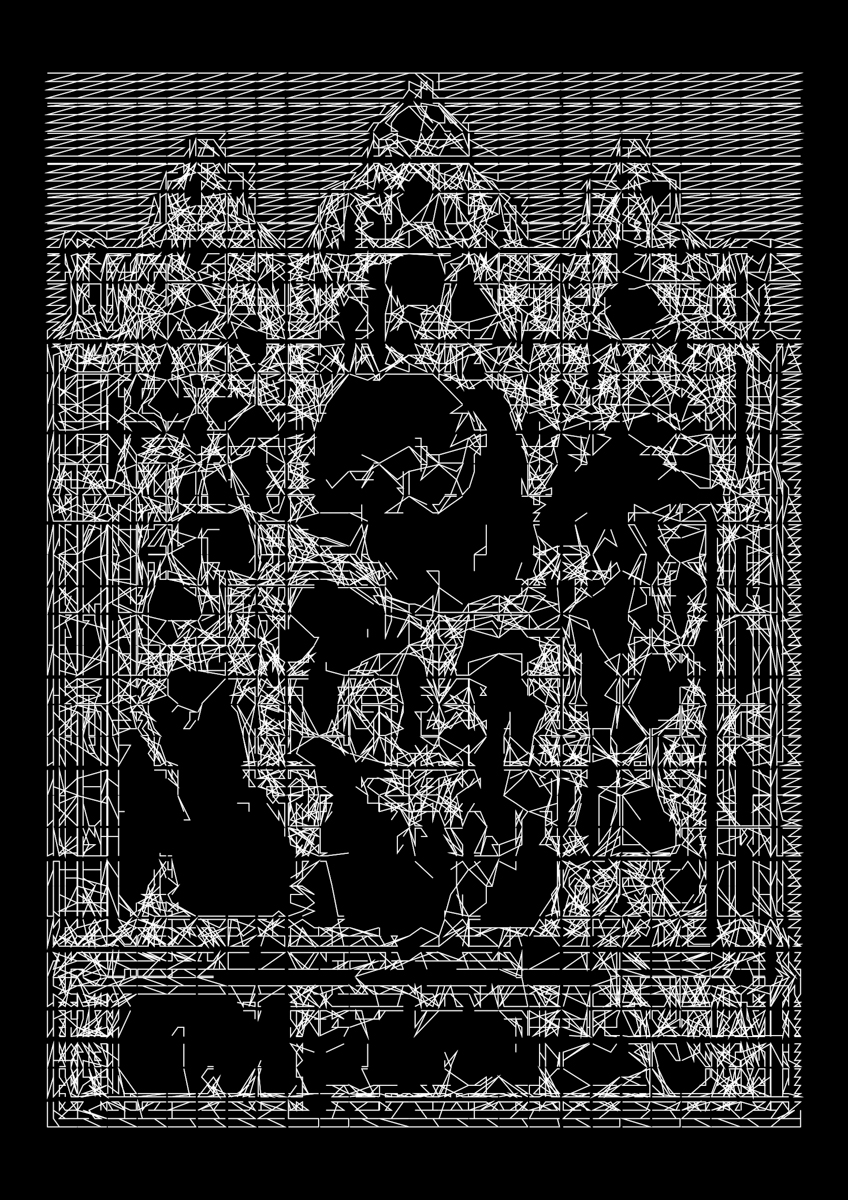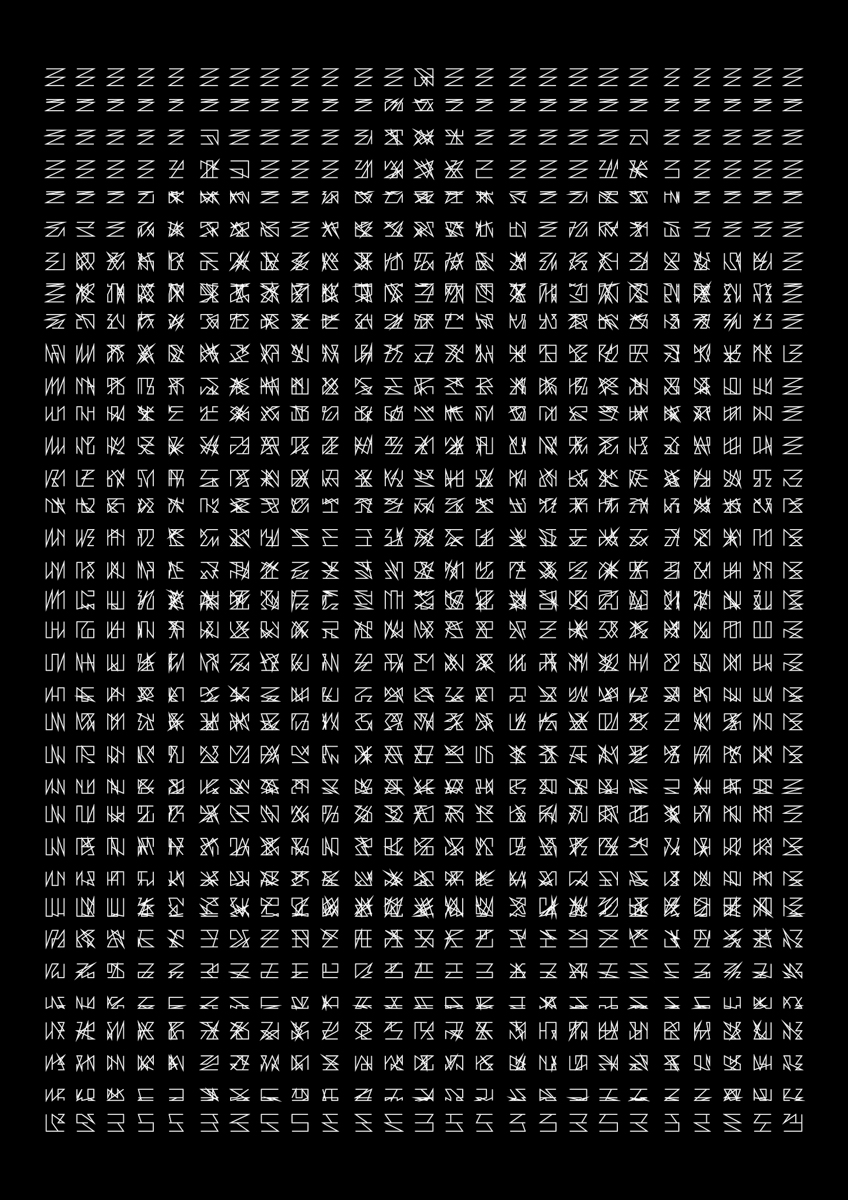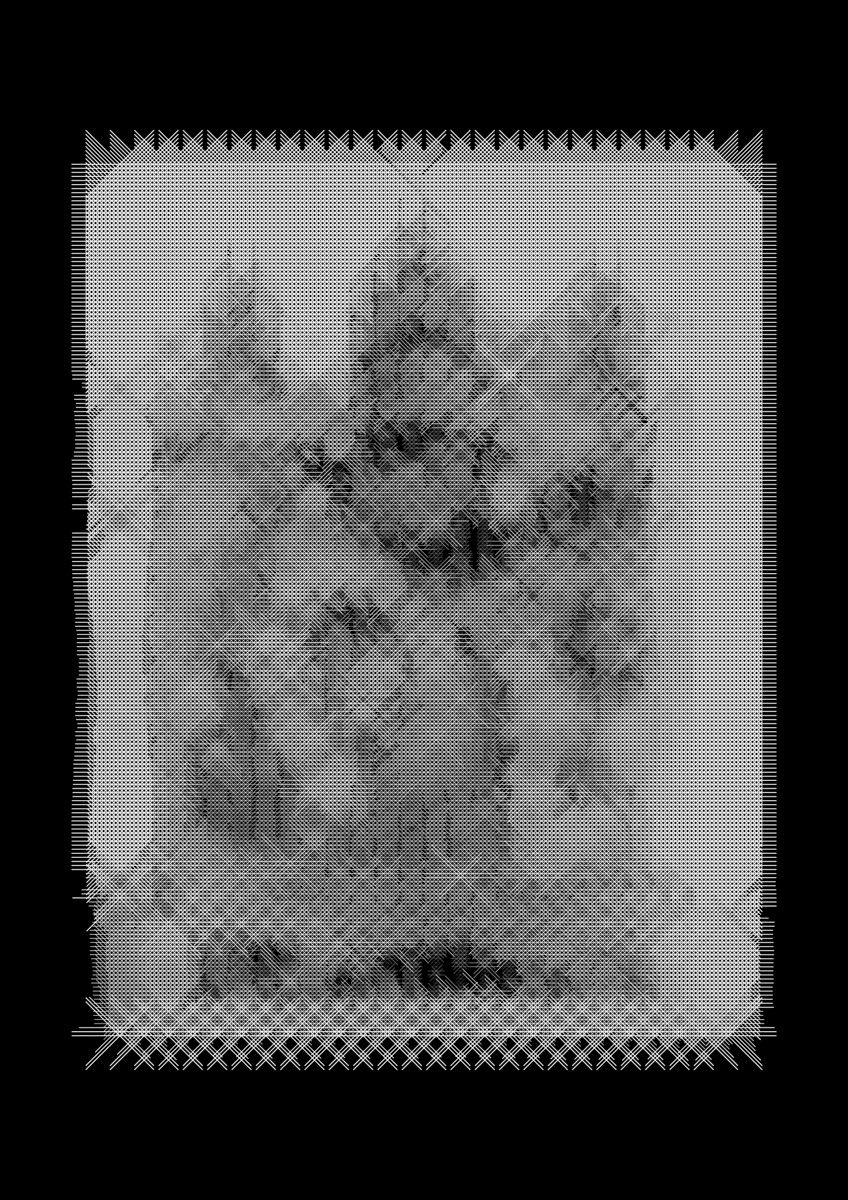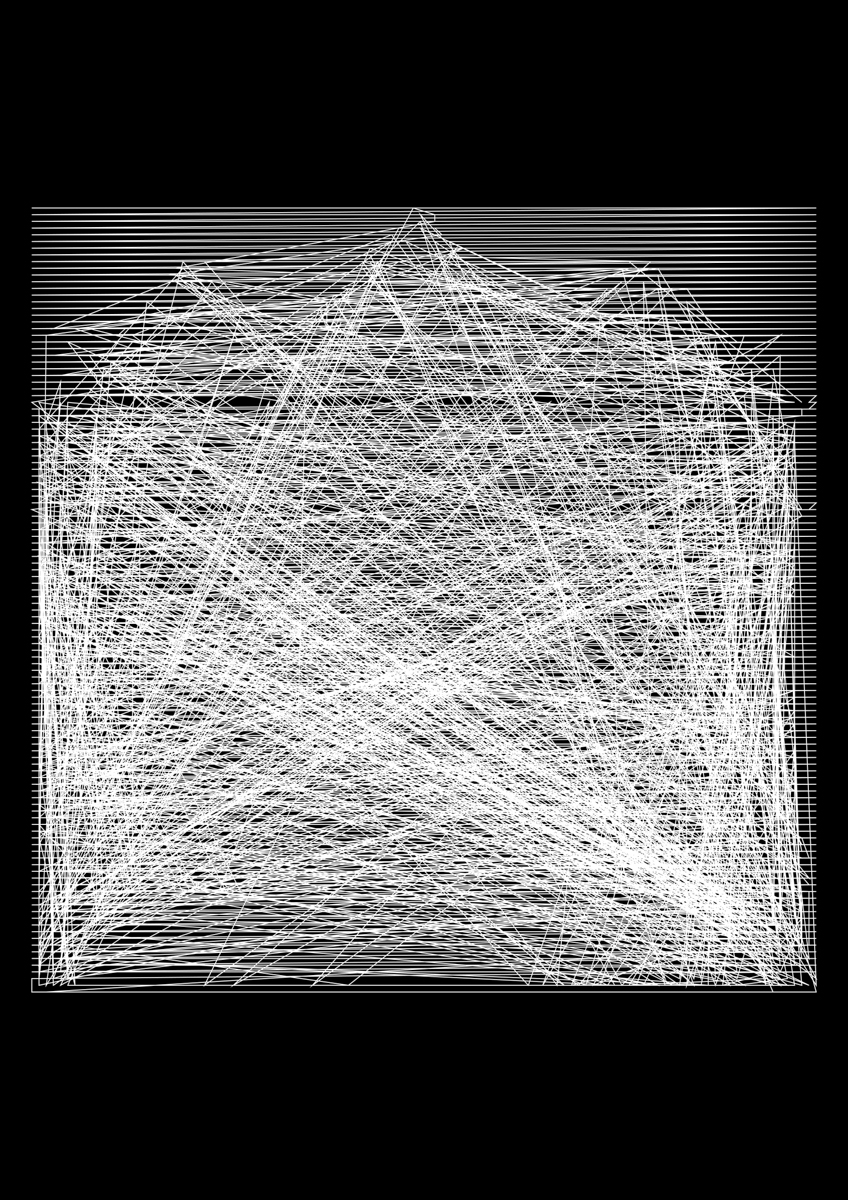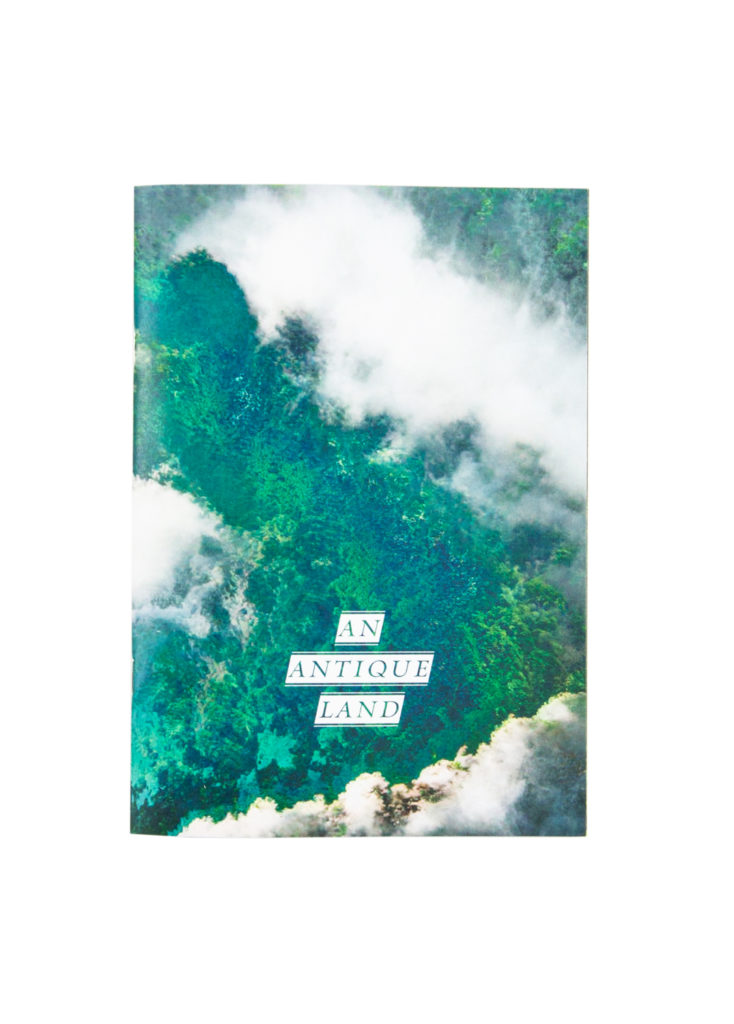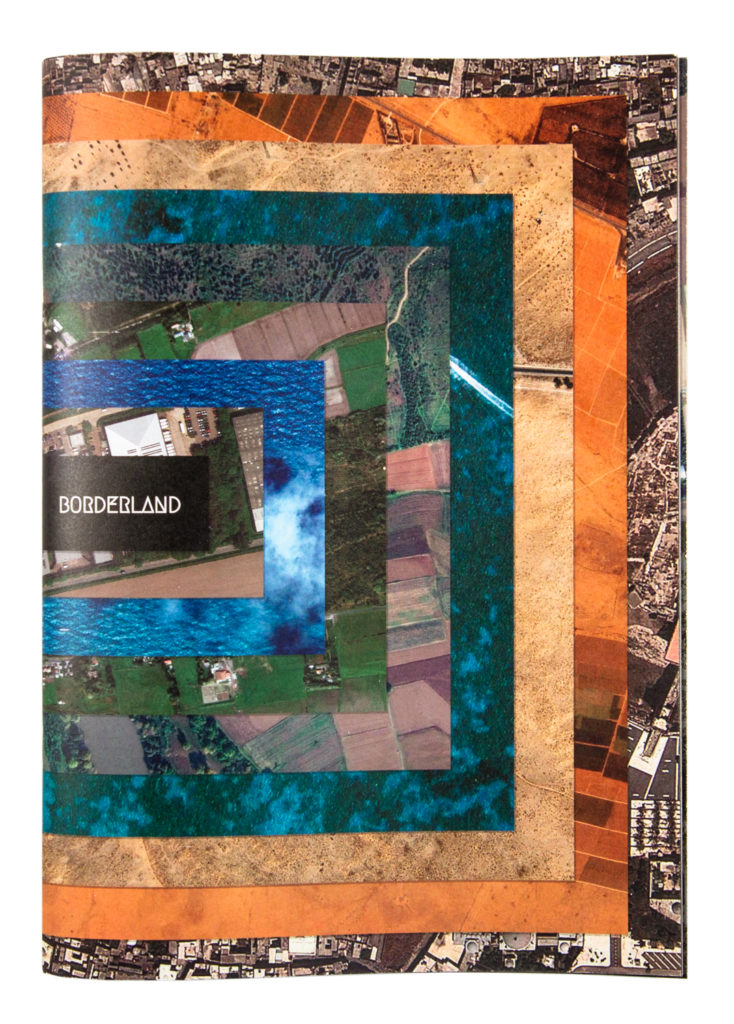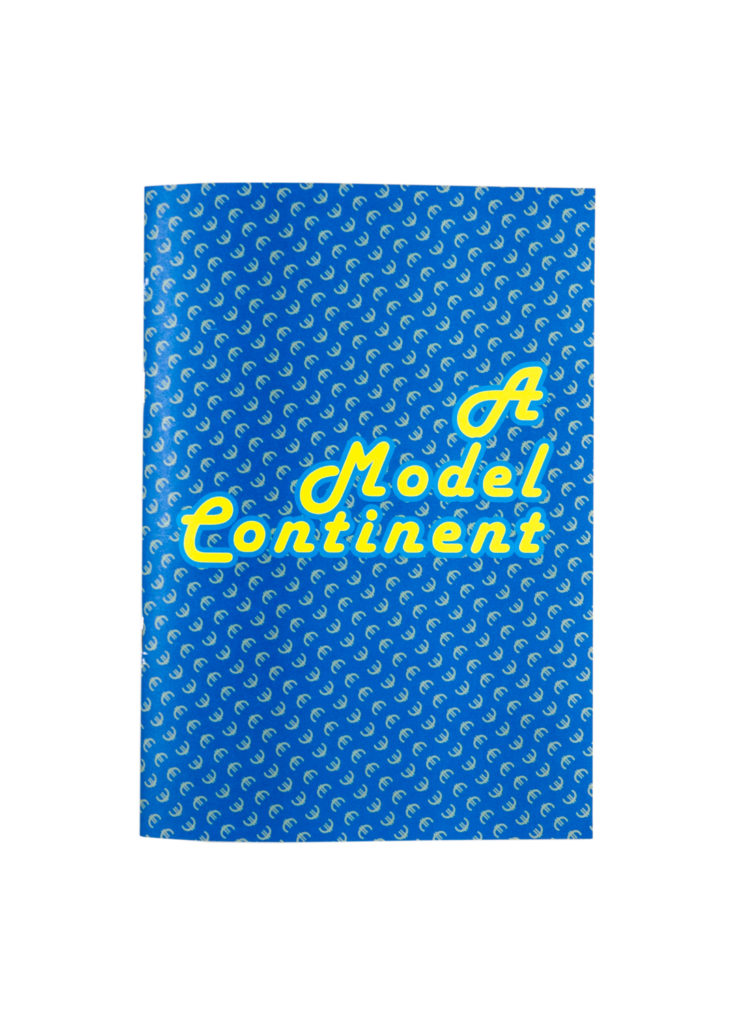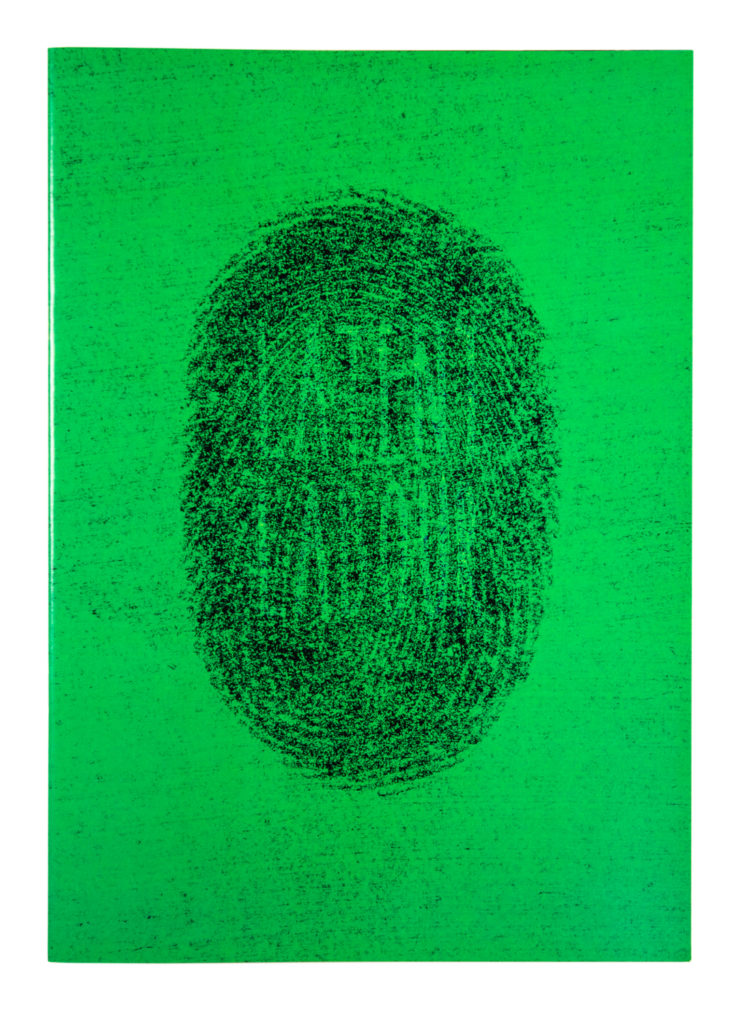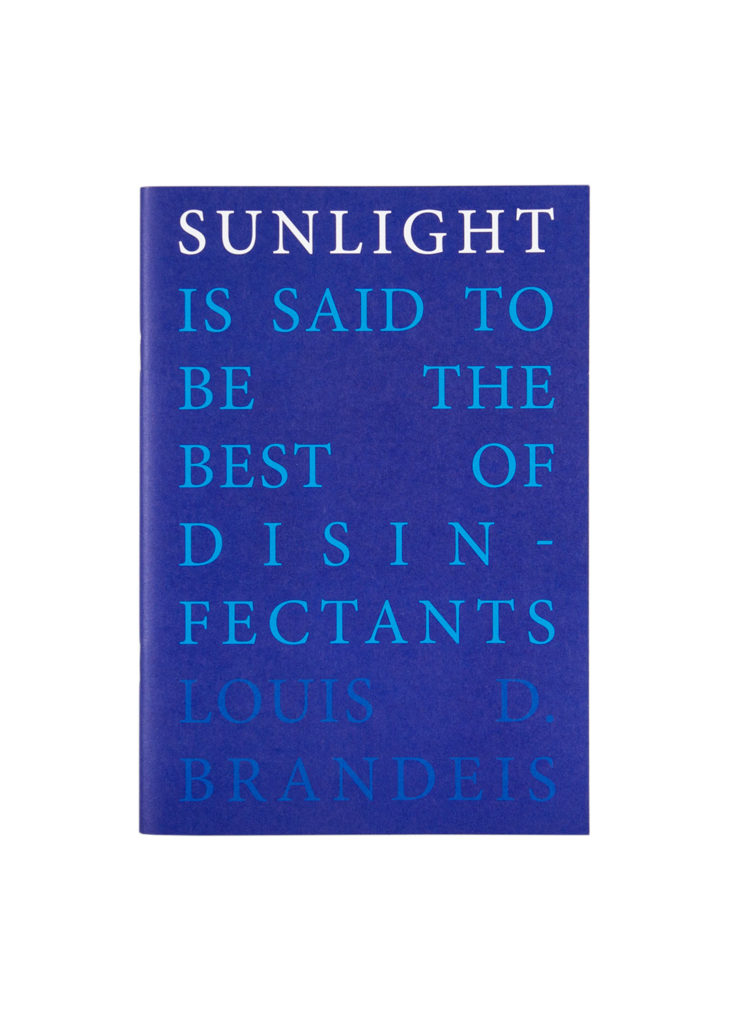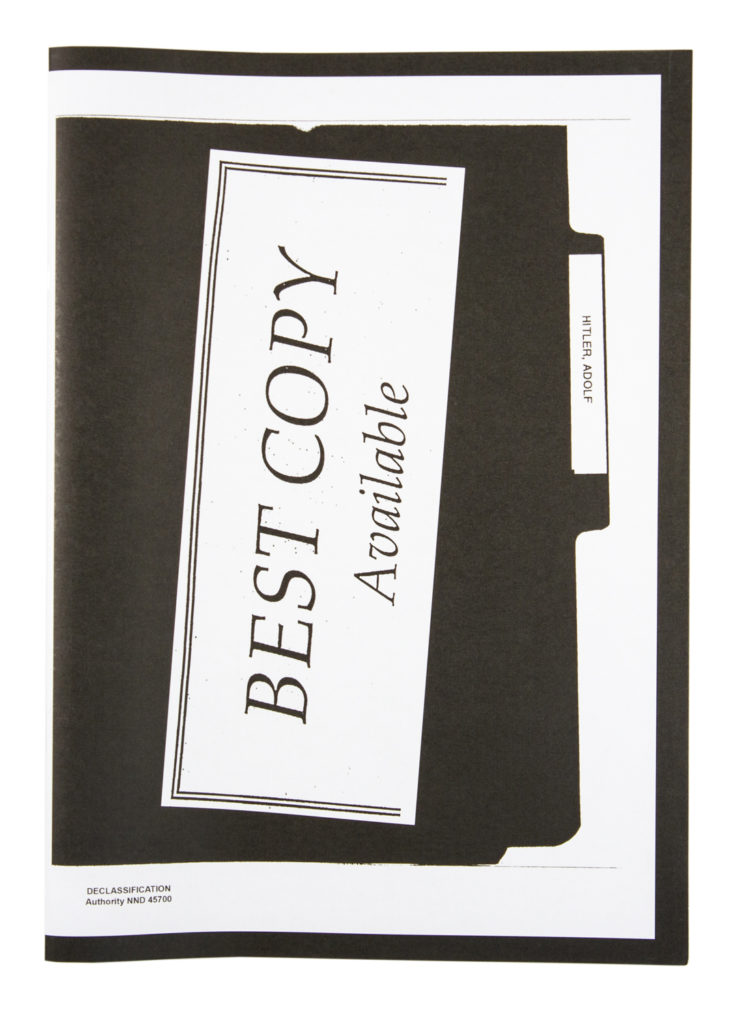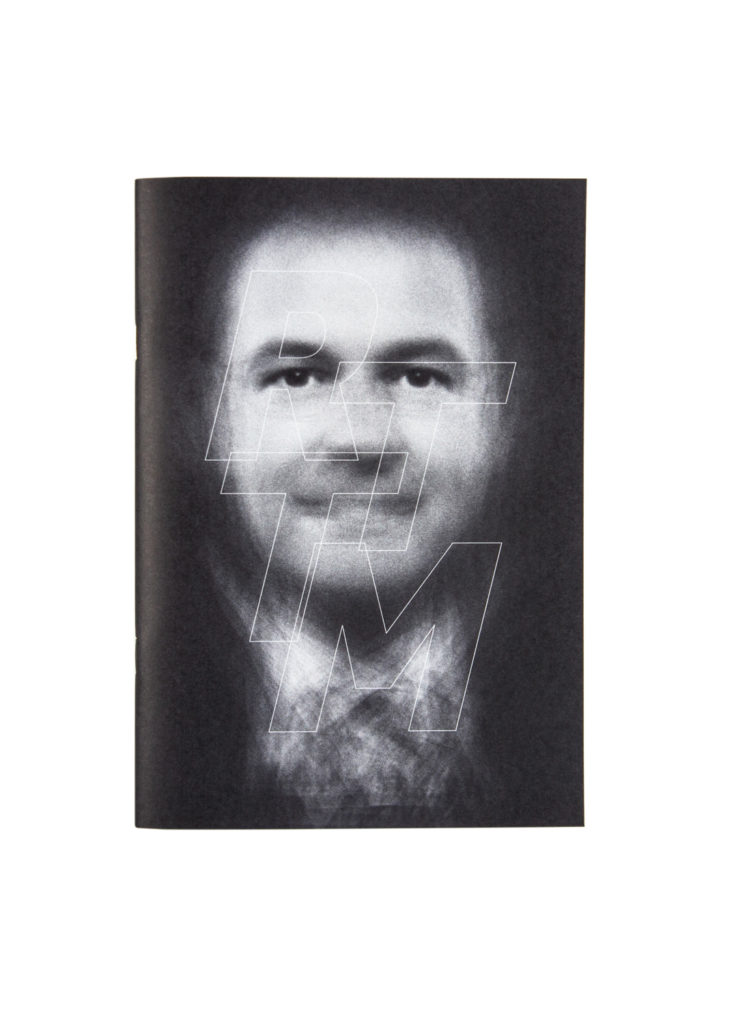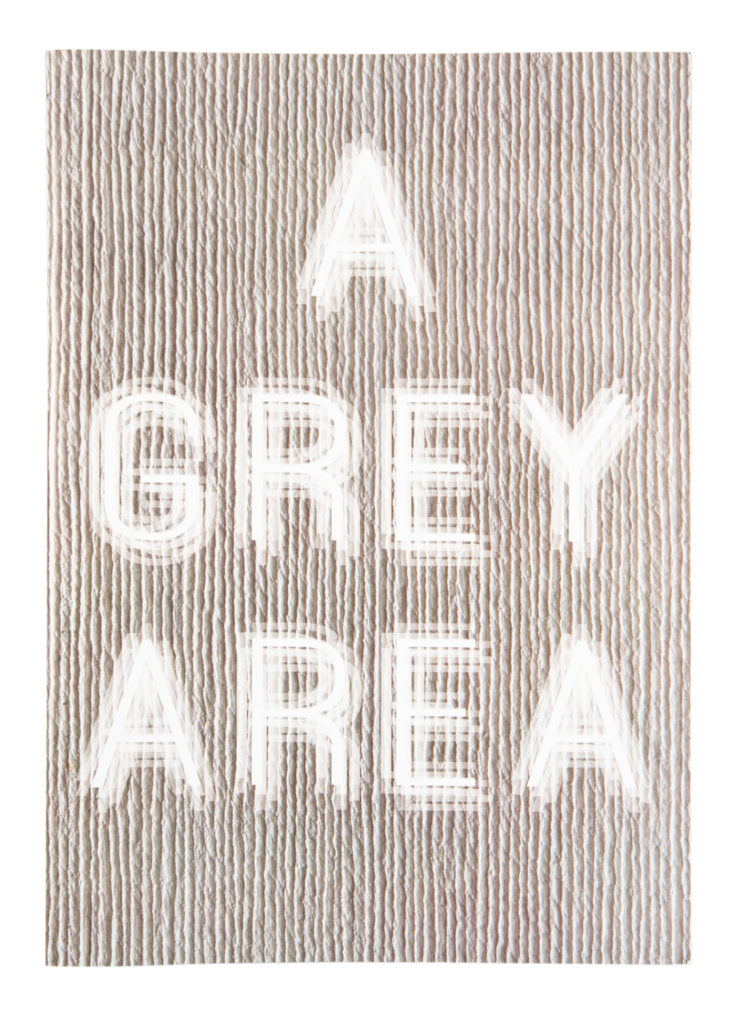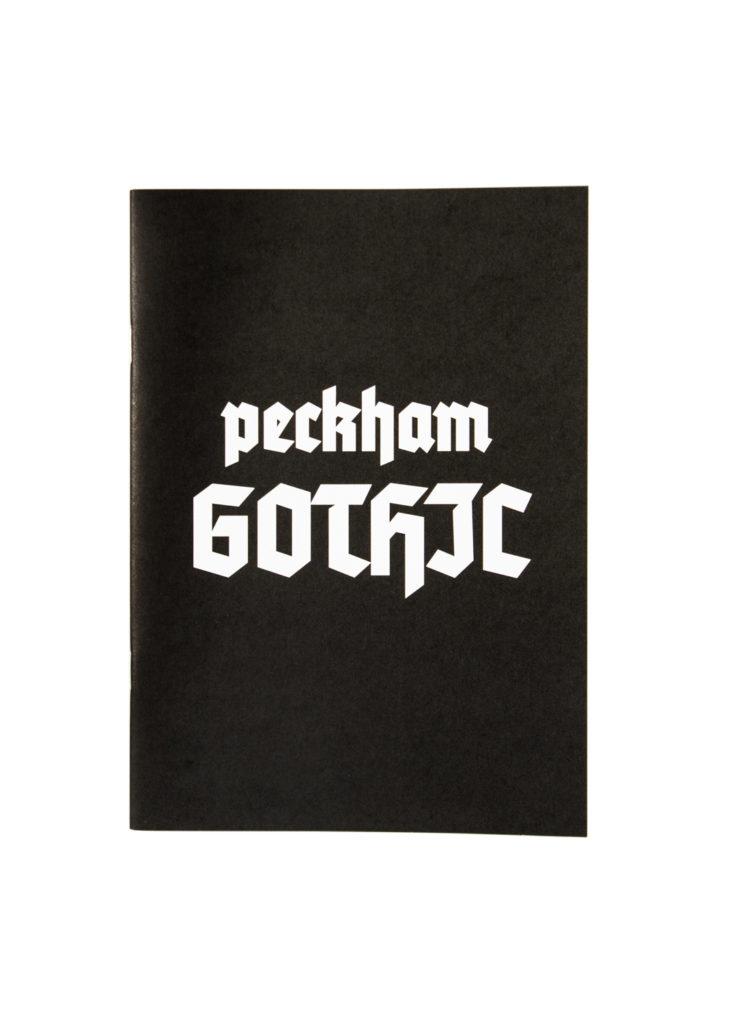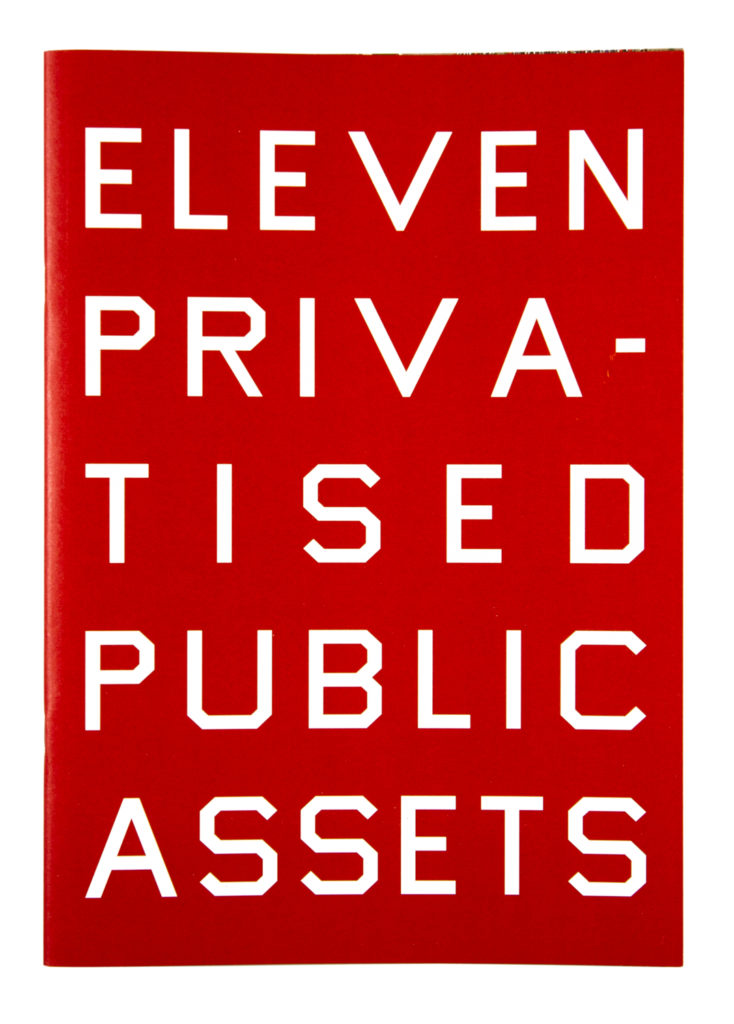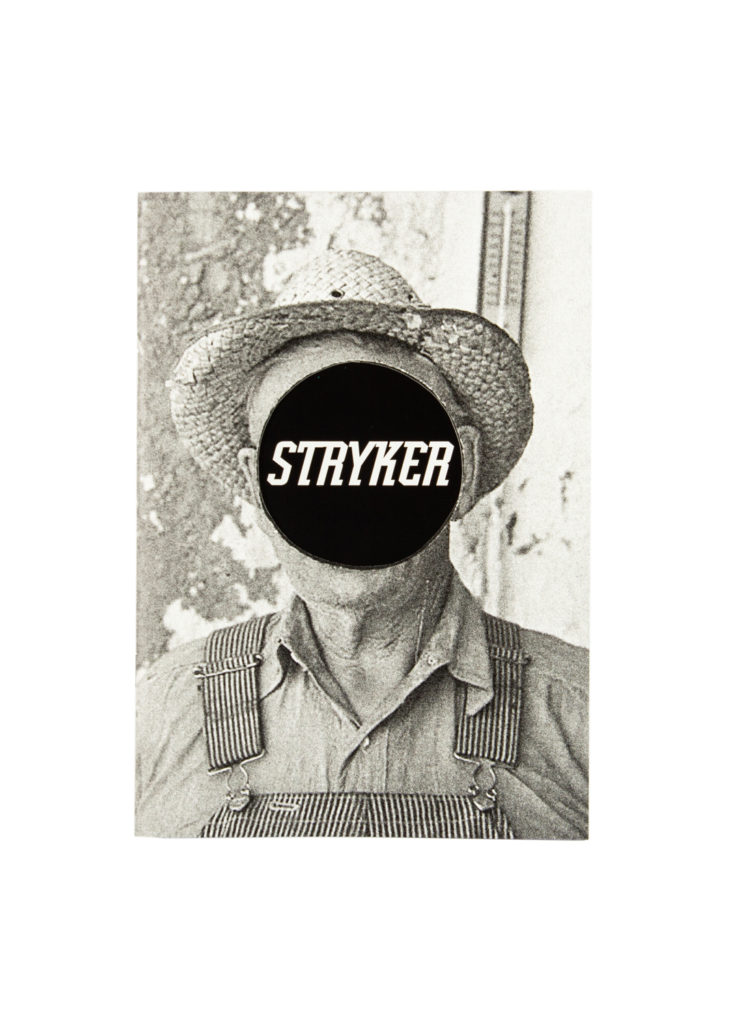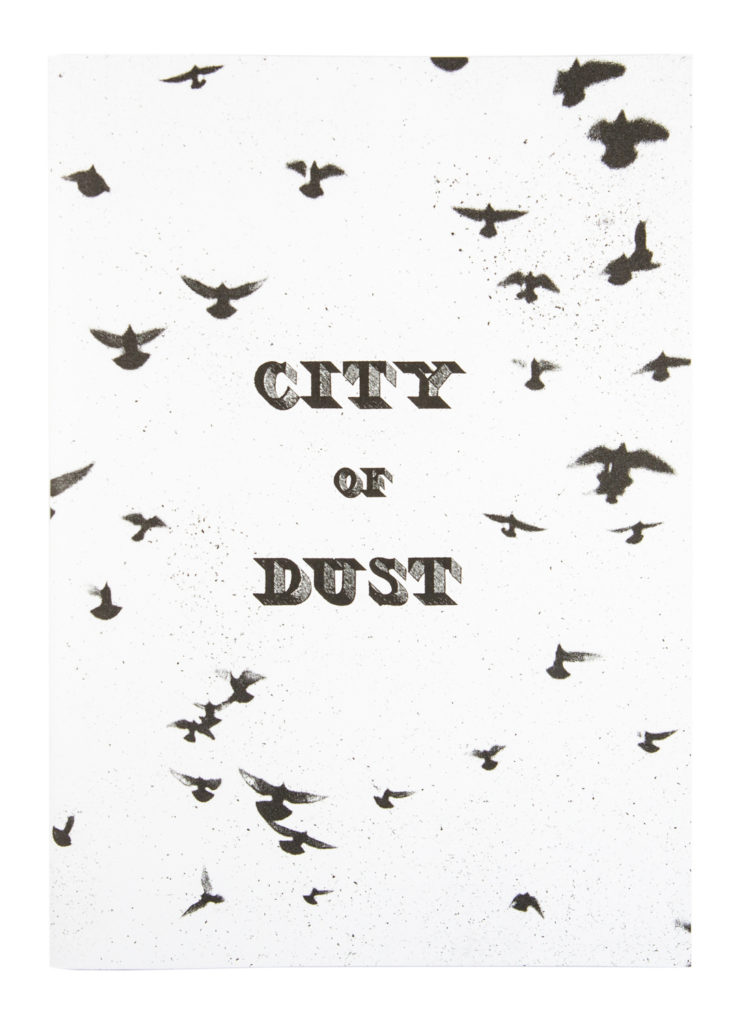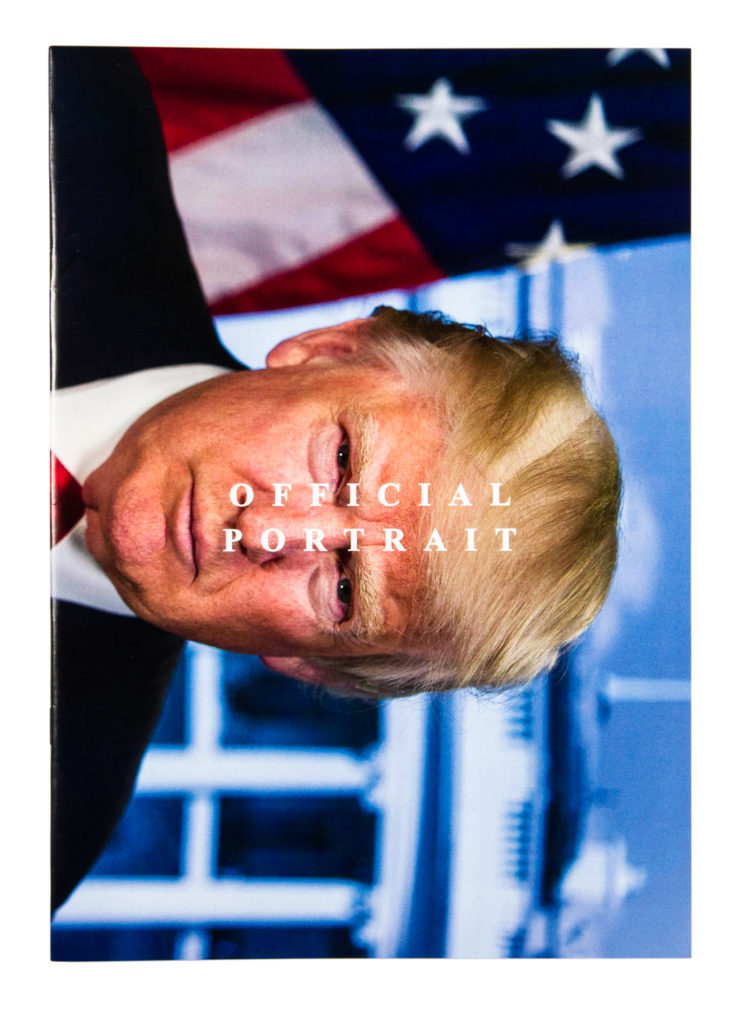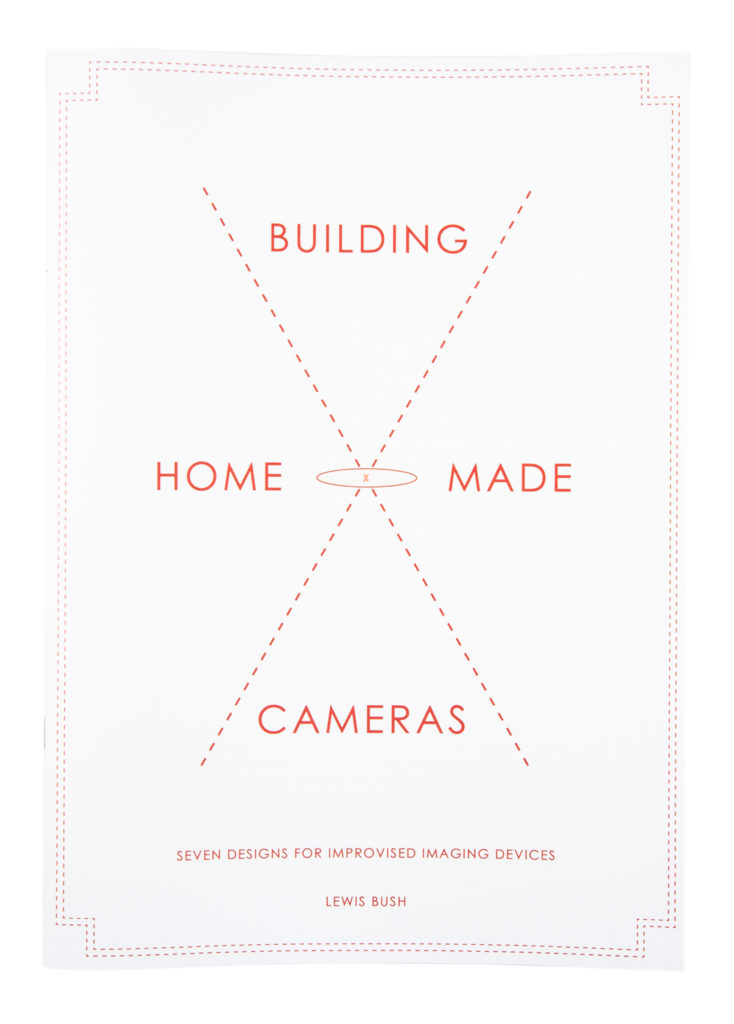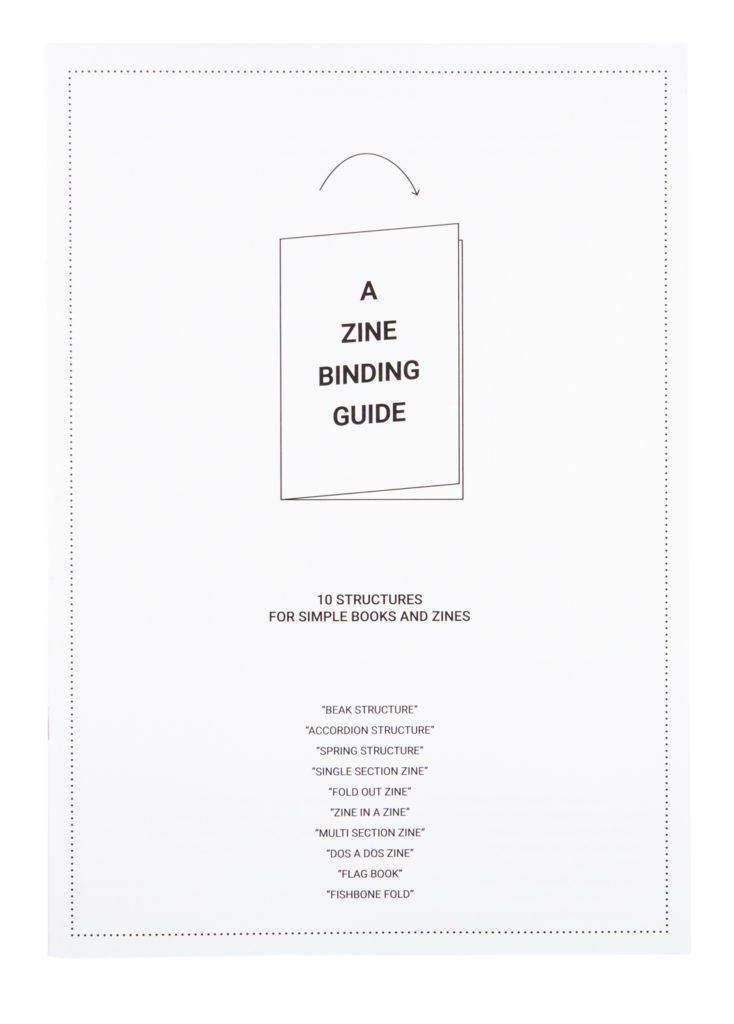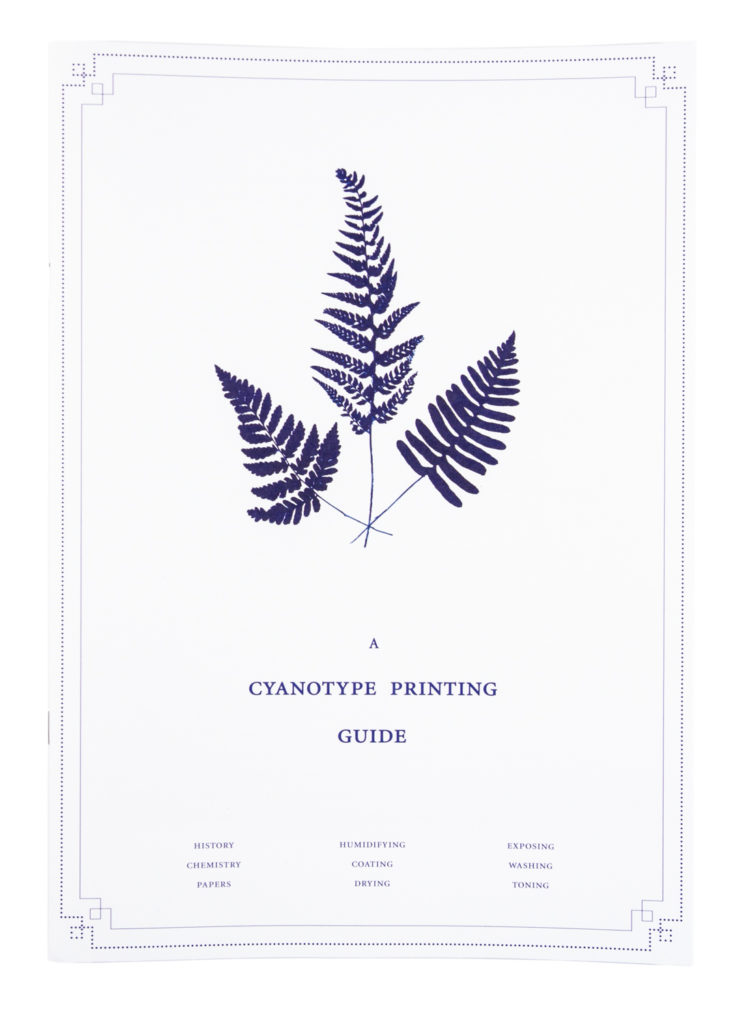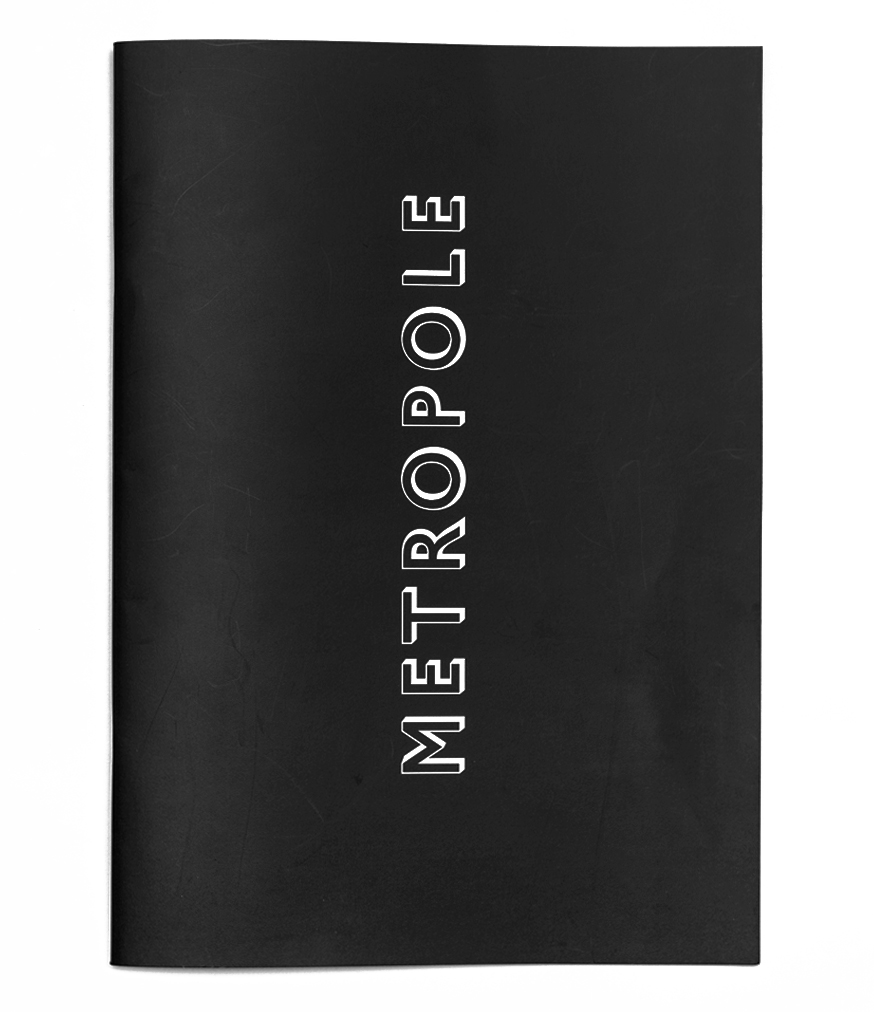An Infinitely Dark Legacy: Touring Exhibition
As part of an aim to make my practice more environmentally and financially sustainable, while widening access to it and thinking outside of the traditional relationship between artists and institutions, I am in the process of developing a series of self-initiated touring exhibitions which will be available for organisations to borrow and display. The first of these is An Infinitely Dark Legacy, a travelling exhibition based on my photographic project and book Depravity’s Rainbow (2018 – 2023), developed with Dr. Jens Temmen and with generous support from Heinrich Heine University Düsseldorf.
Depravity’s Rainbow examines the dark origins of modern rocketry during the Second World War and Holocaust, and charts the ways that this history continued to influence Cold War era space programs in the United States, projects on which much present day space exploration is in turn founded.
An Infinitely Dark Legacy consists of two main elements. The first are framed, small scale prints based on archival images from German rocketry projects before 1945 and in the United States projects after the end of the Second World War. Both programs are tied together by the involvement of German-American rocket pioneer Wernher von Braun in their development. The second element of the exhibition are larger prints on fabric, inspired by Fascist banners, and depicting now mostly forgotten locations from the early history of rocketry, including V-2 missile development, fabrication, incarceration, launch, and impact sites across five European countries. Both sets of imagery are printed using the cyanotype process, an archaic photographic method with links to engineering, astronomy, and genocide, and which produces the vivid blues and browns of the prints.
In addition to these core elements there are also various optional extras available by request, including Haunted Space, a 20 minute looping video installation with an ambient audio soundtrack, a copy of the Depravity’s Rainbow book, and various items of research material and other ephemera from the making of the project. The combination of exhibition elements is designed to be reshaped for different spaces, and to be presentable as both a small selection of images for small venues, or as a complete display for larger ones.
The exhibition is scheduled to tour a series of academic and museum venues in Europe in 2025 – 2026.
If you would like more details or are interested in discussing a loan of this exhibition for your institution please get in contact.
